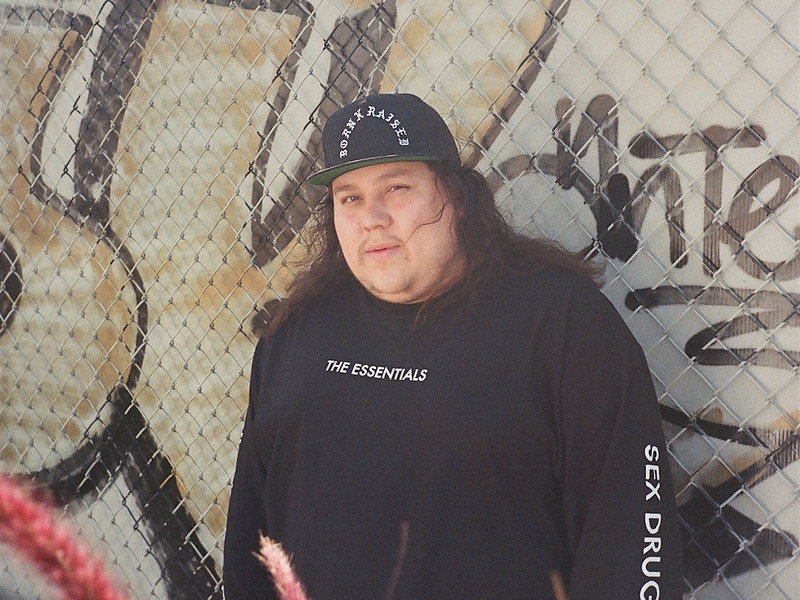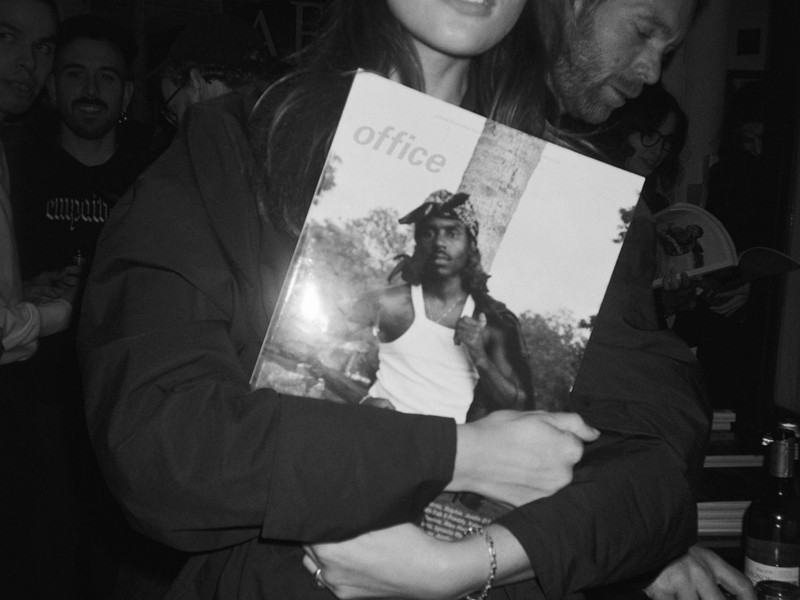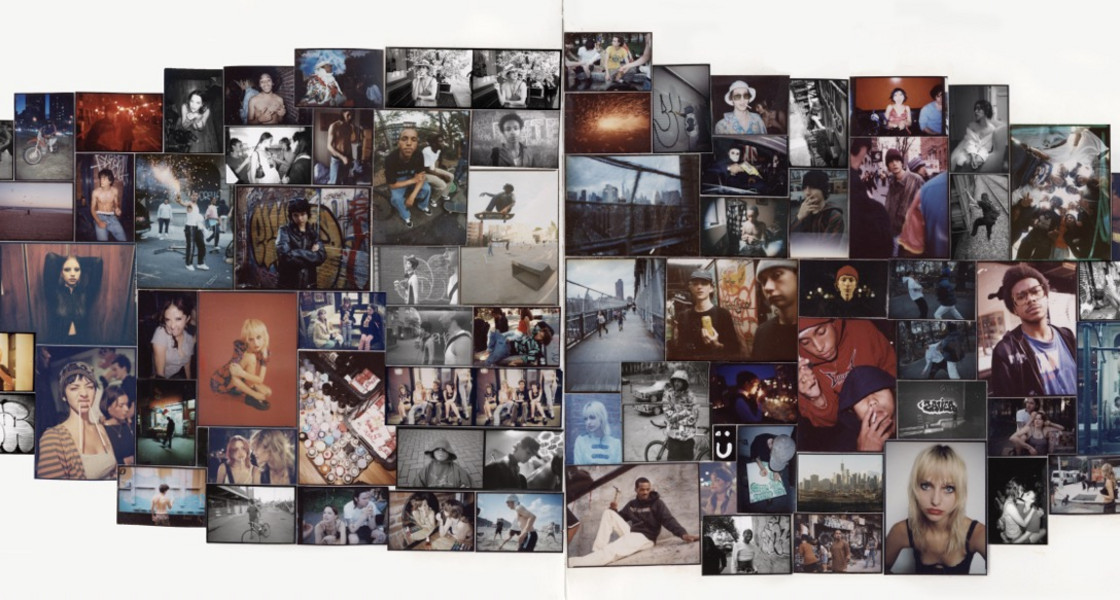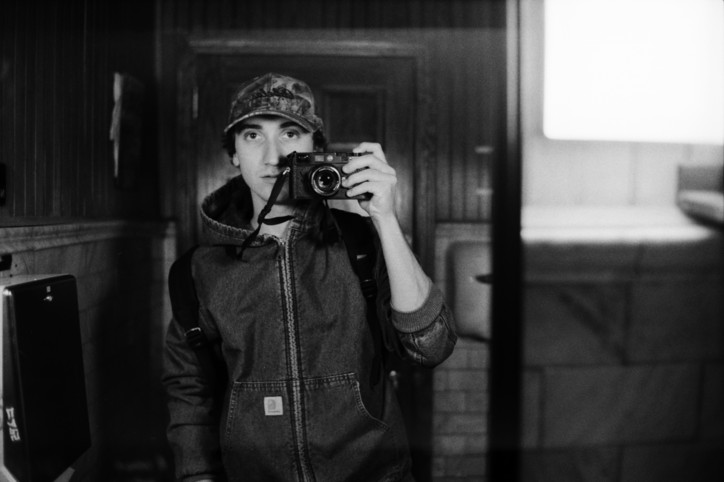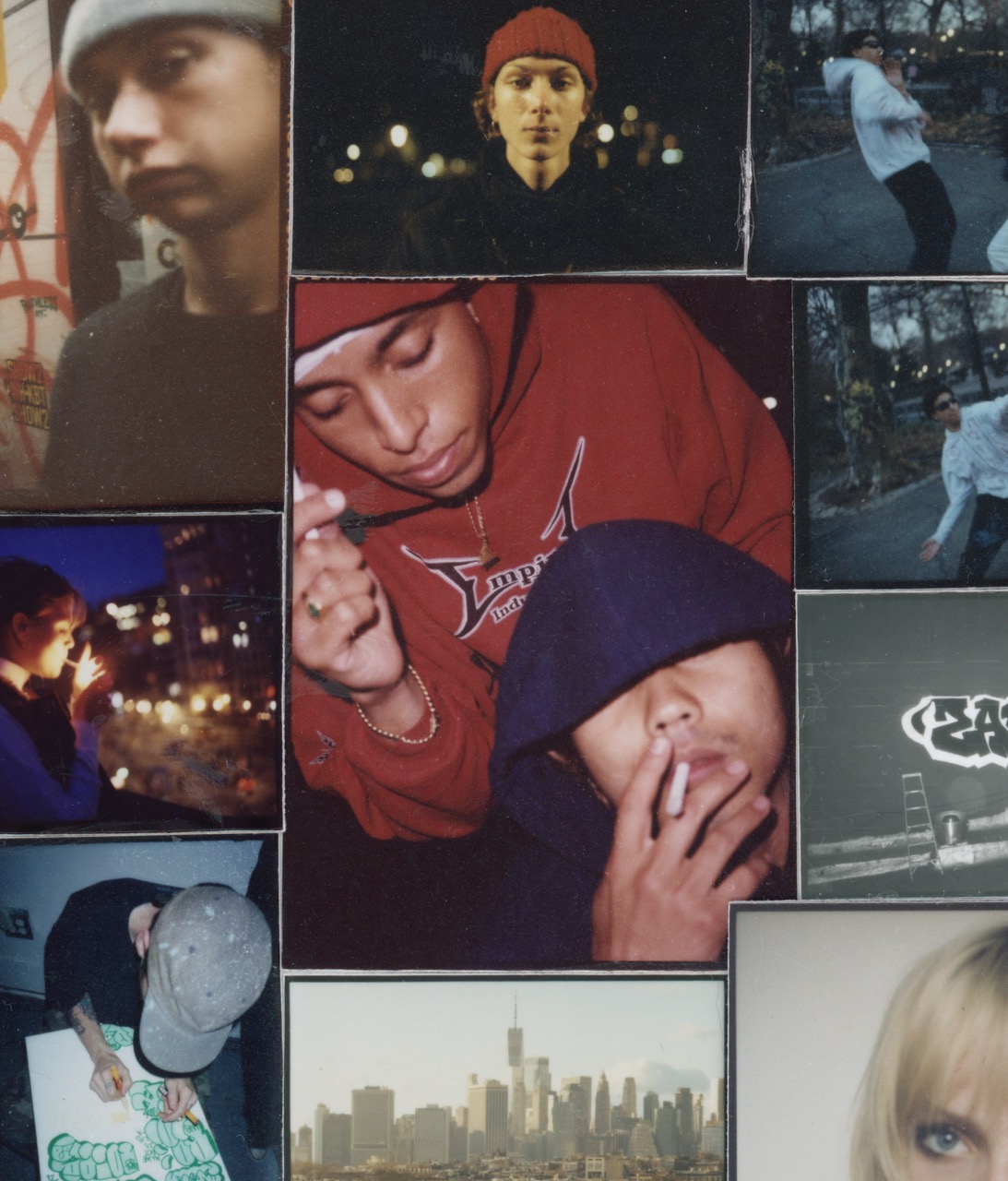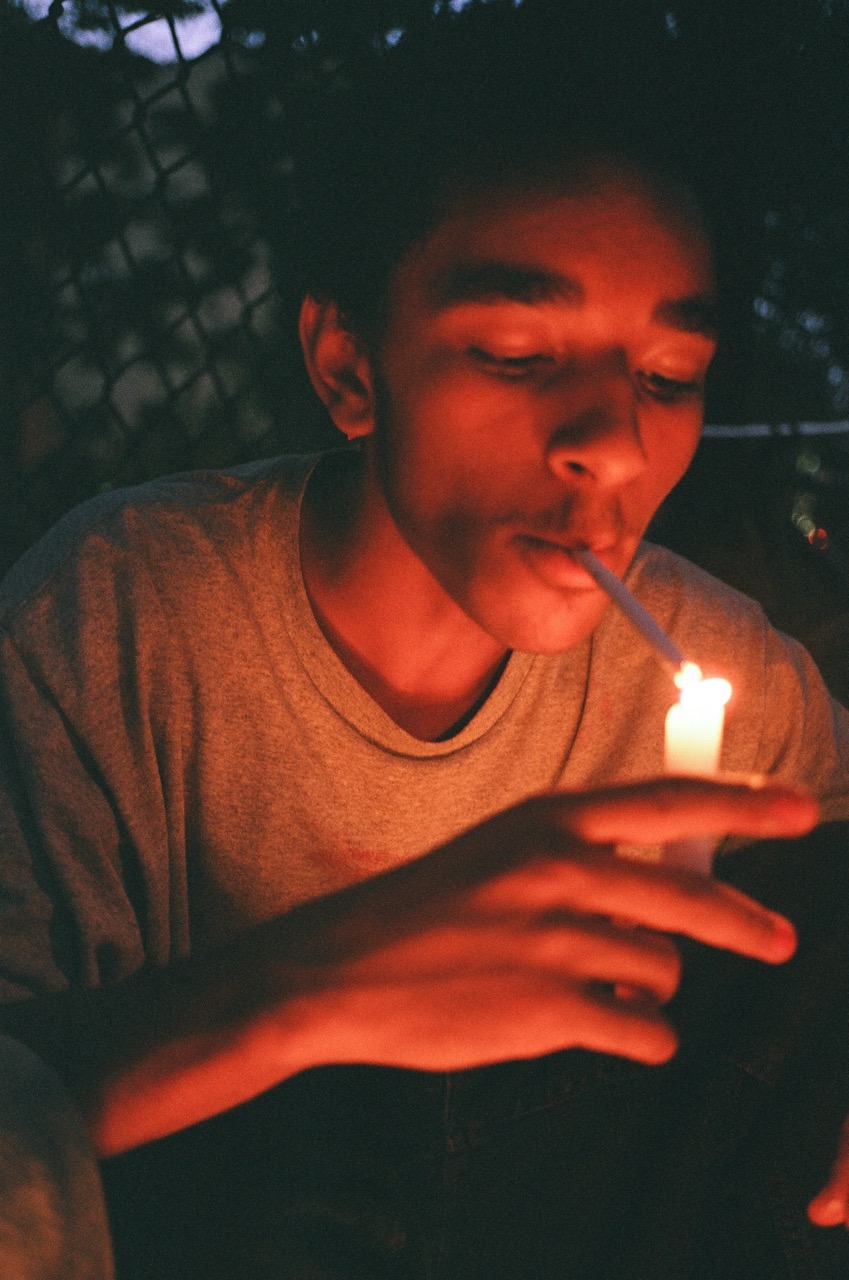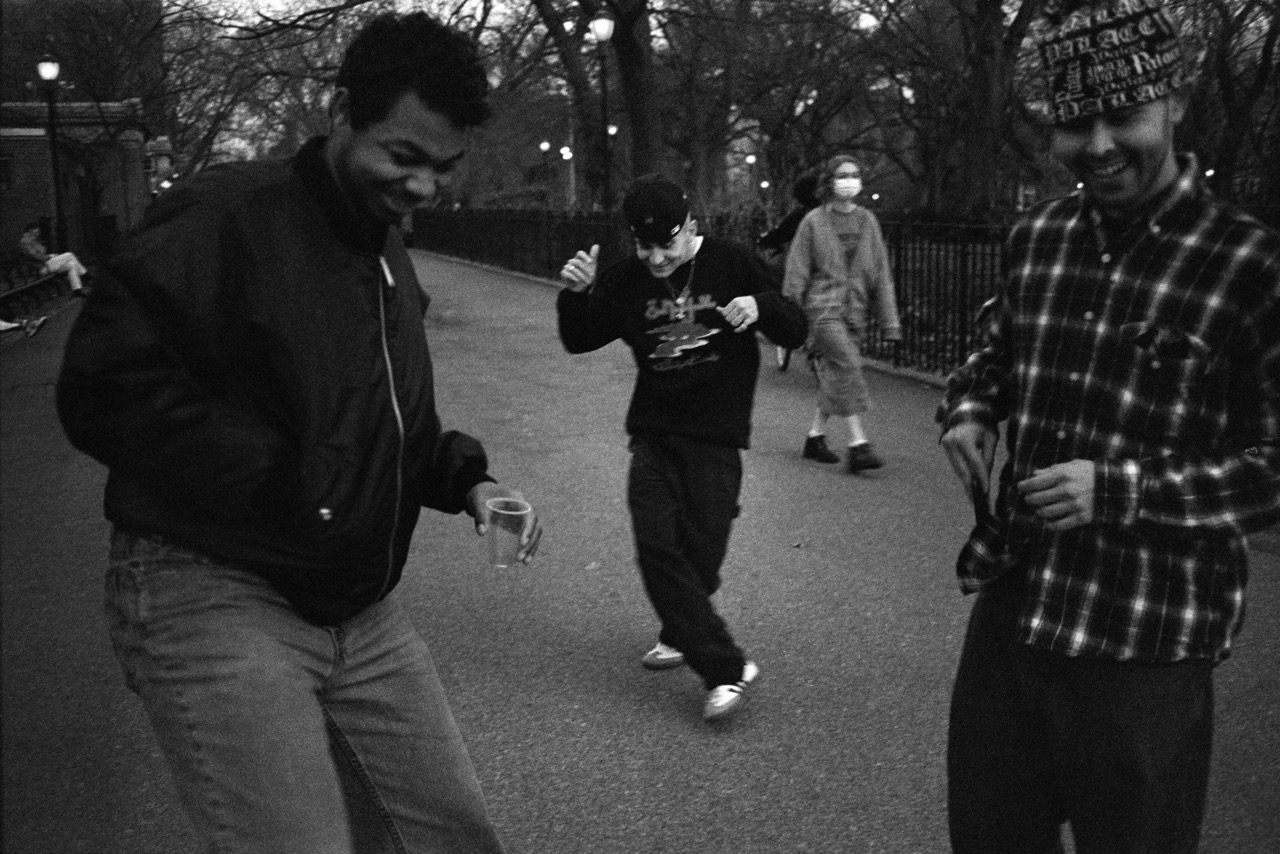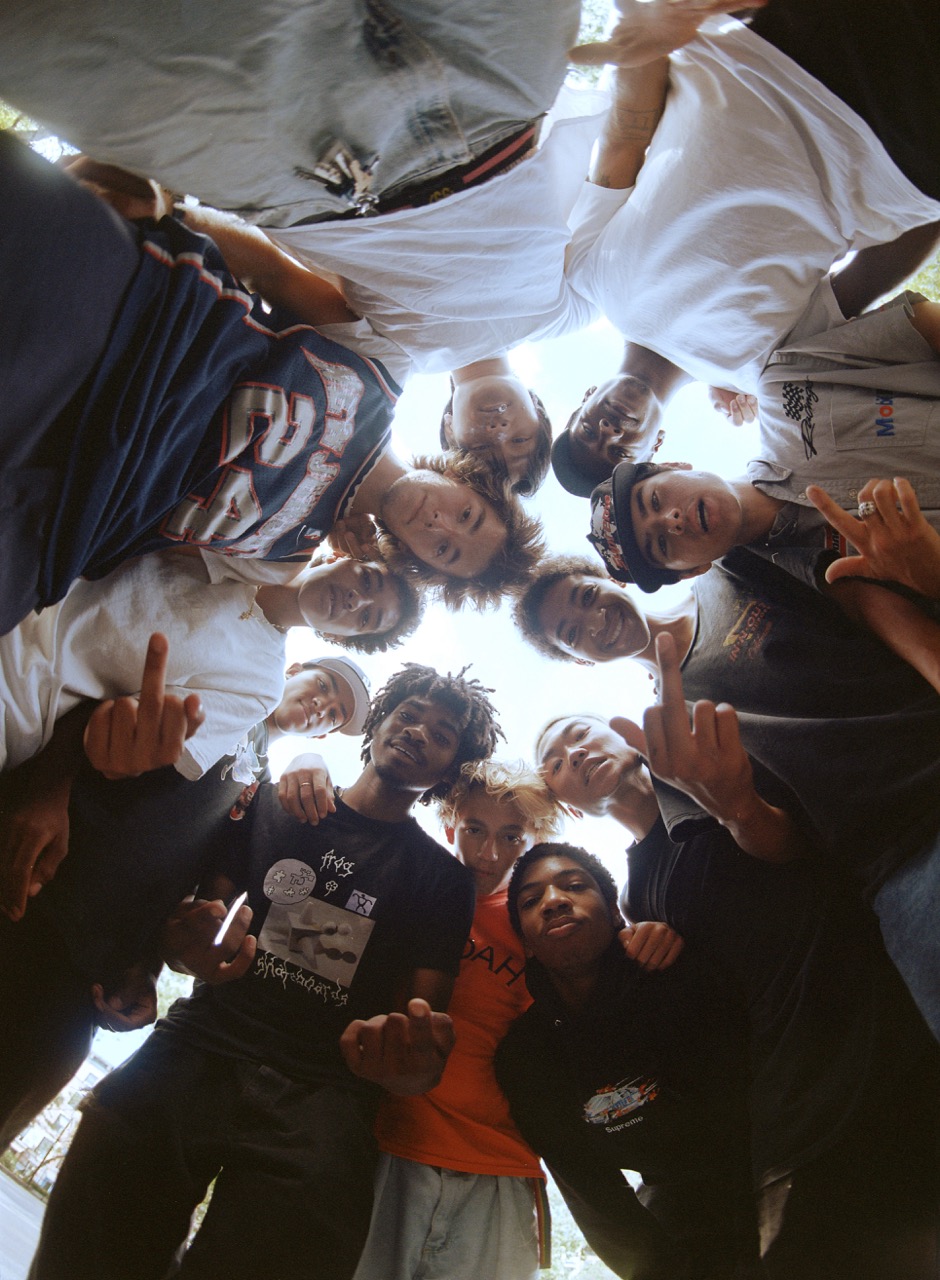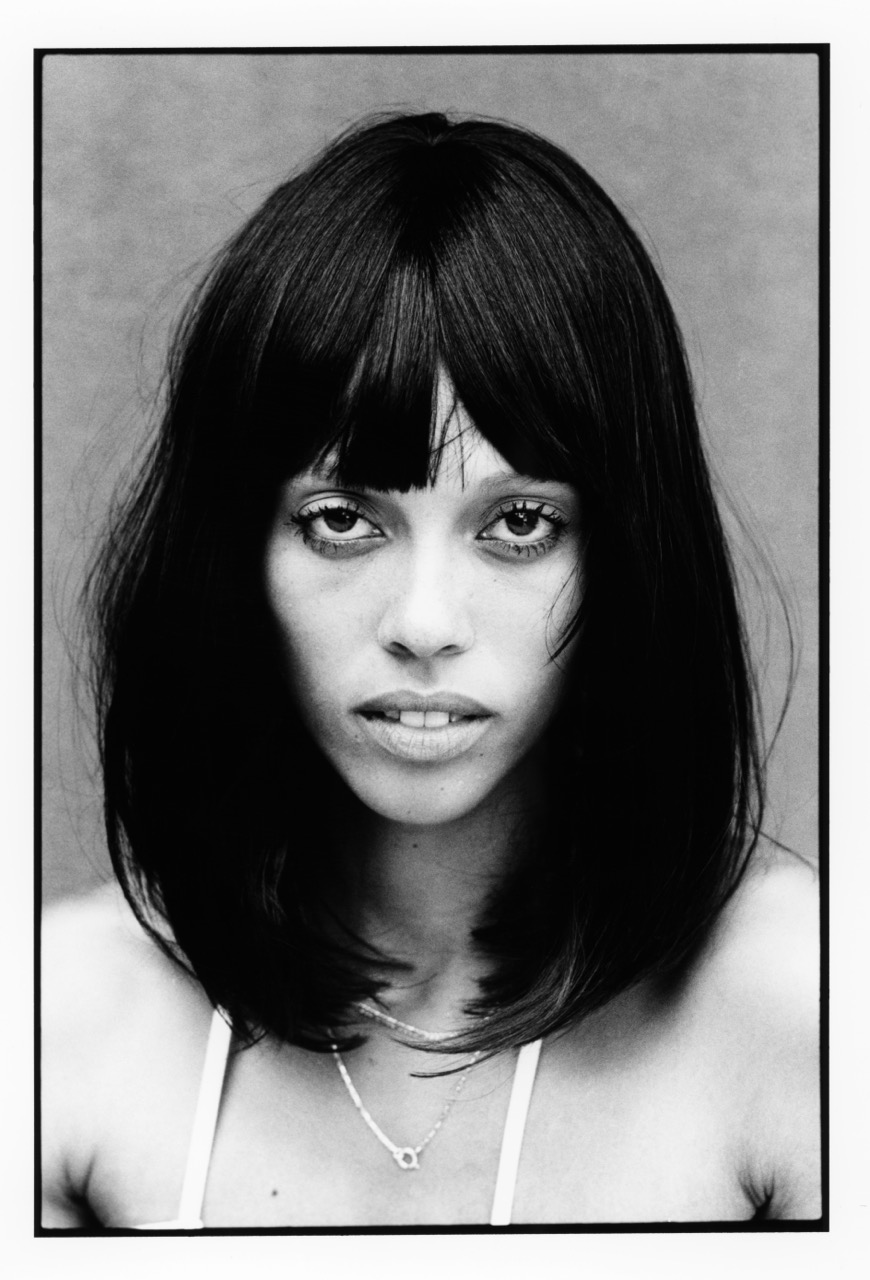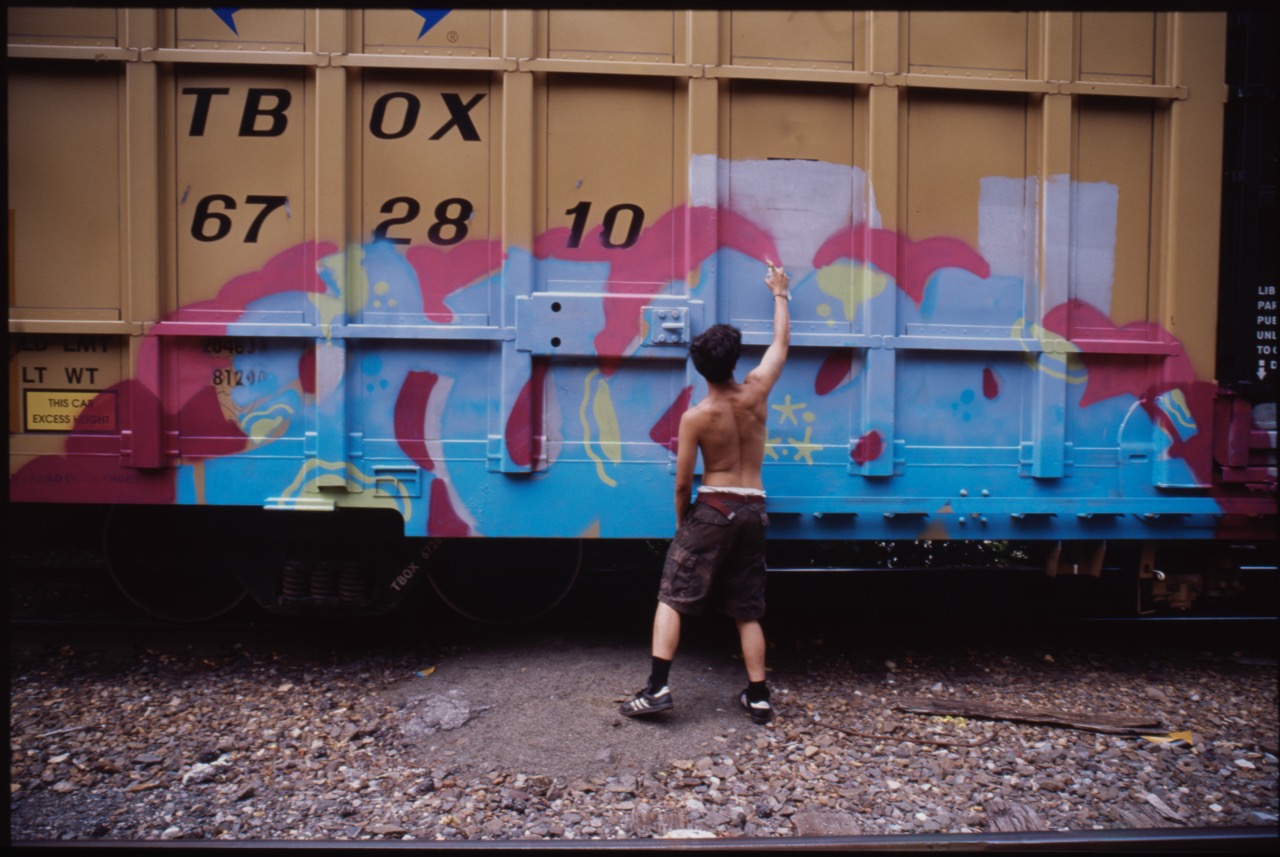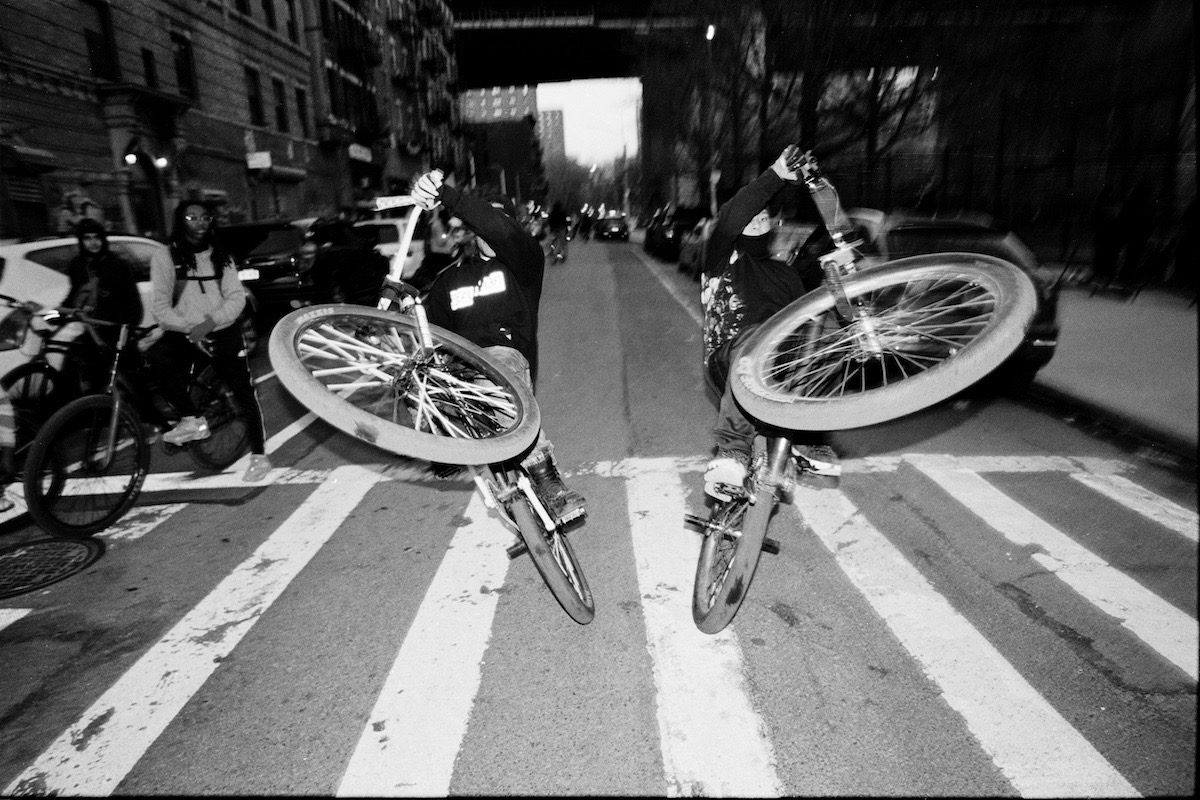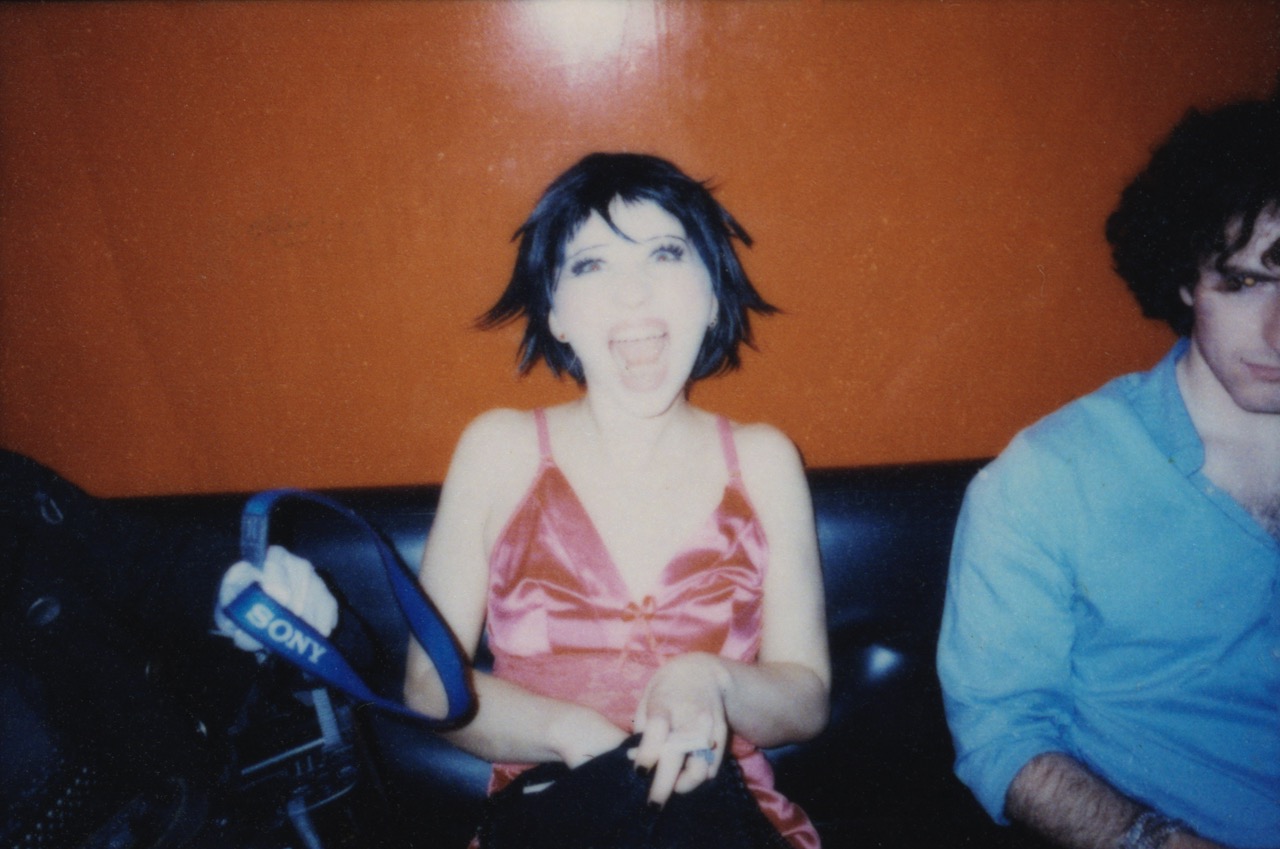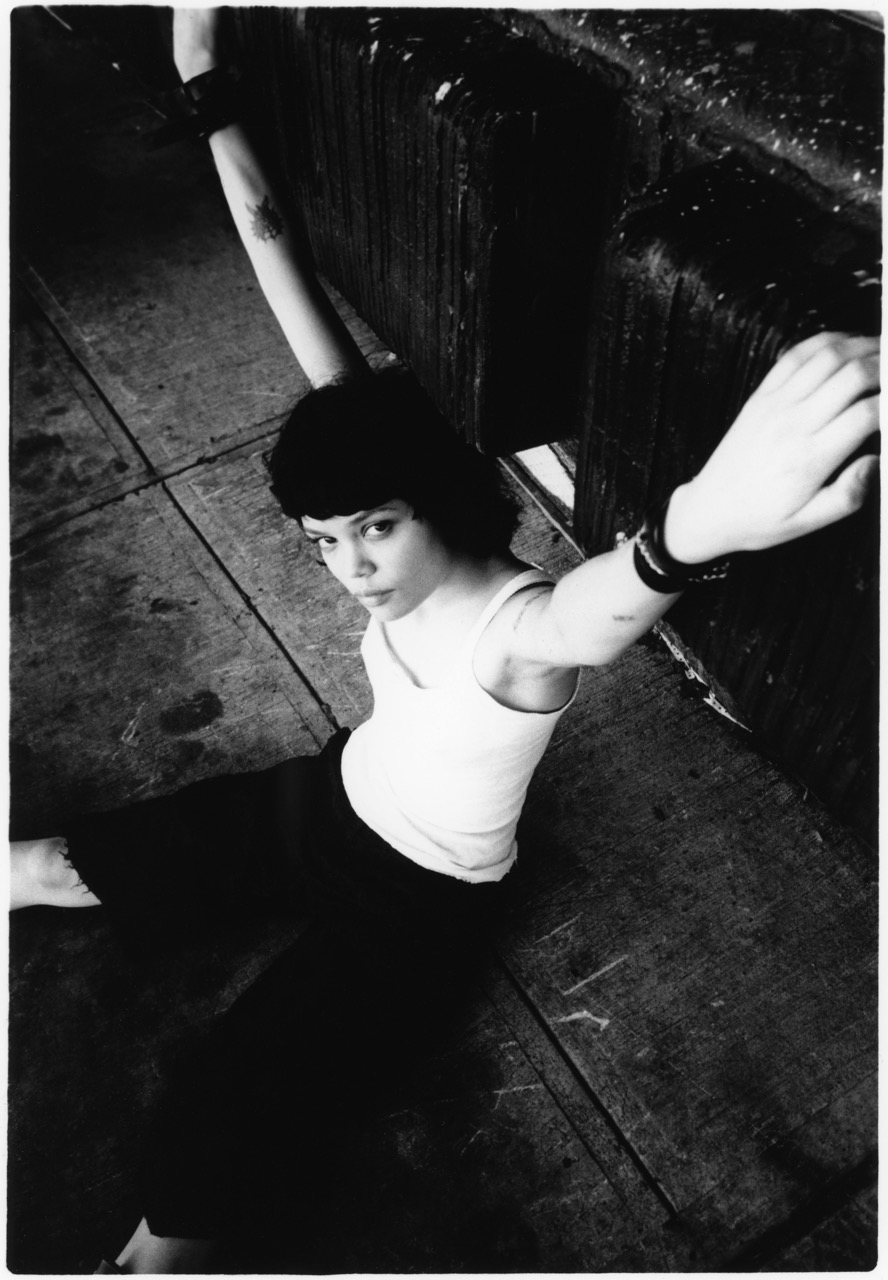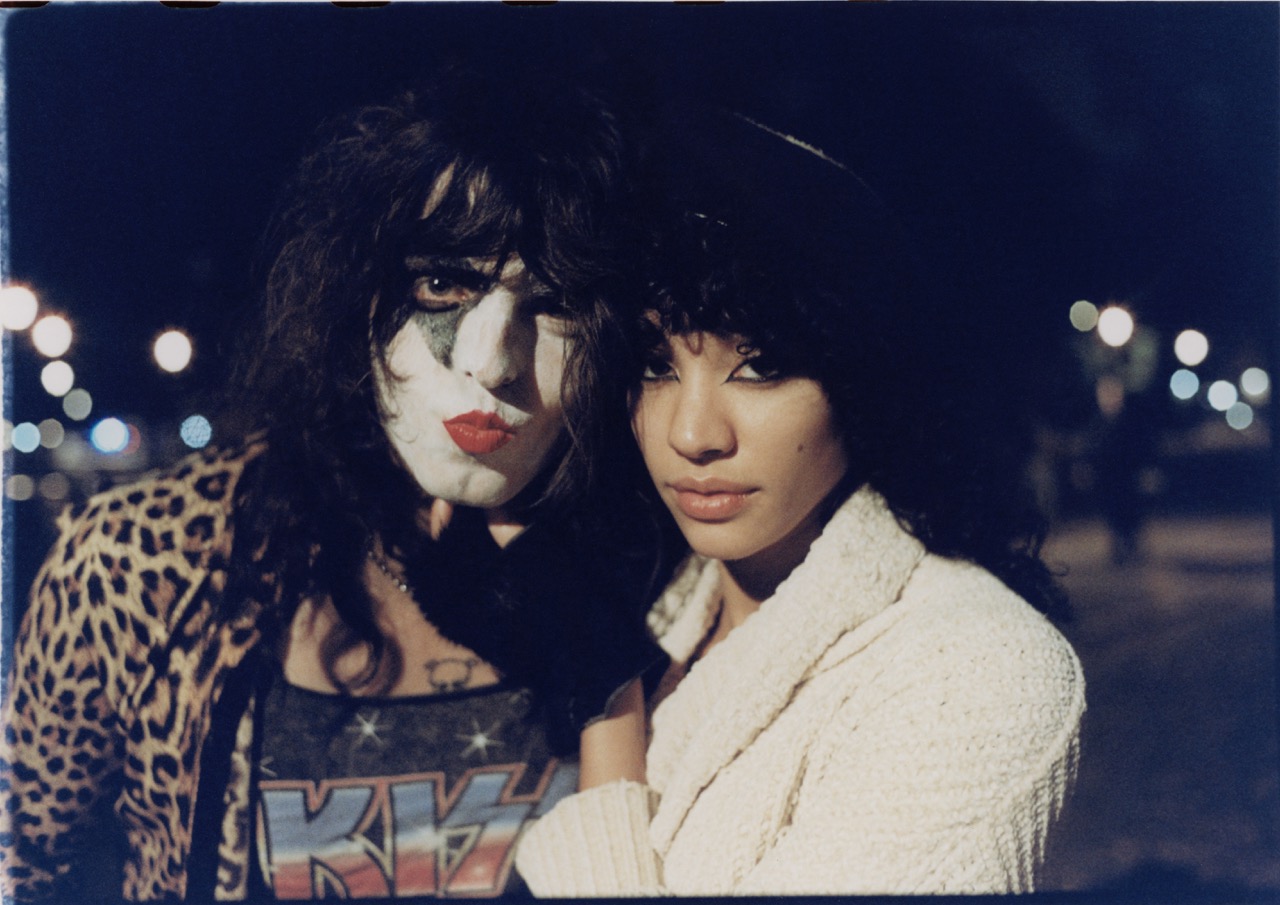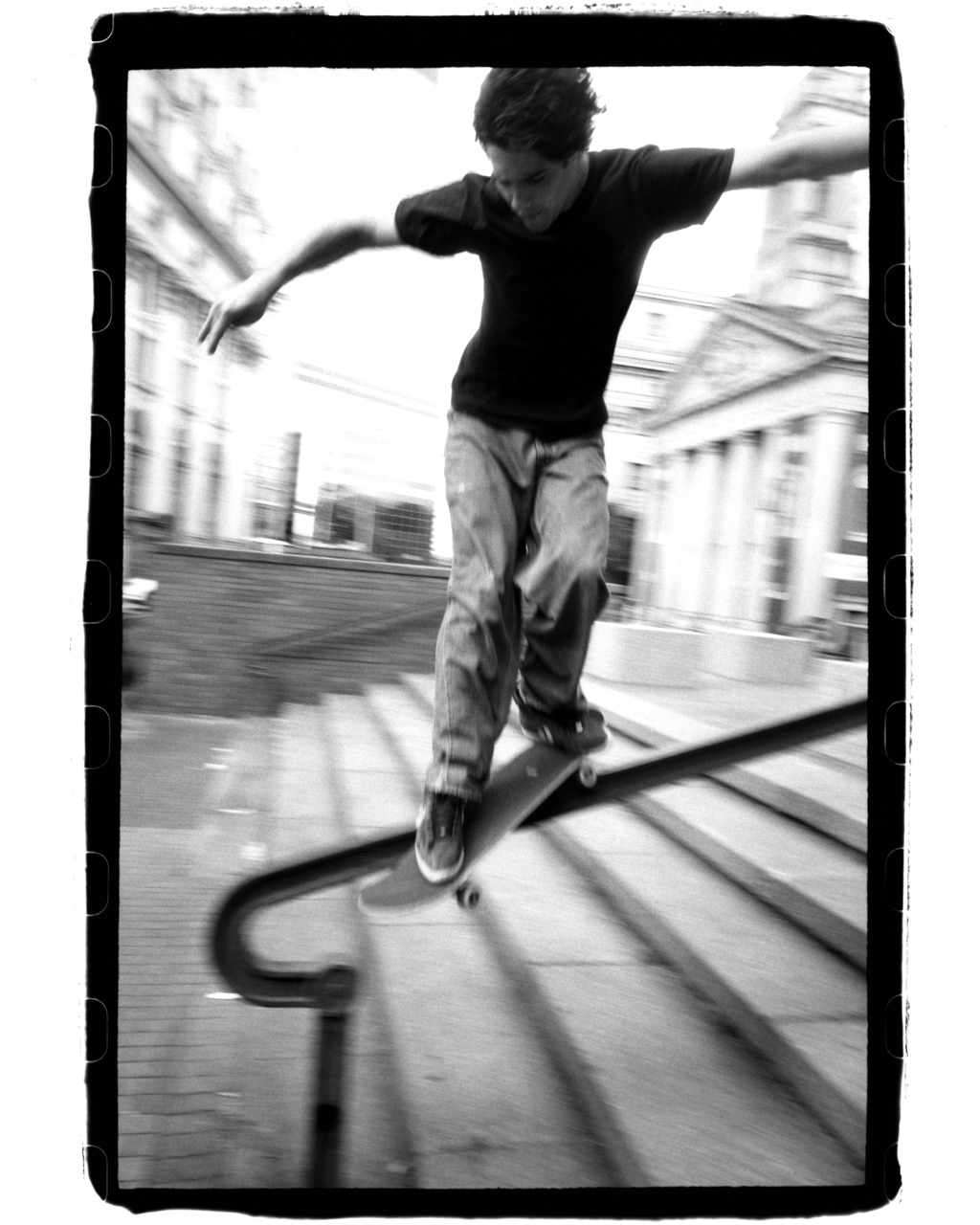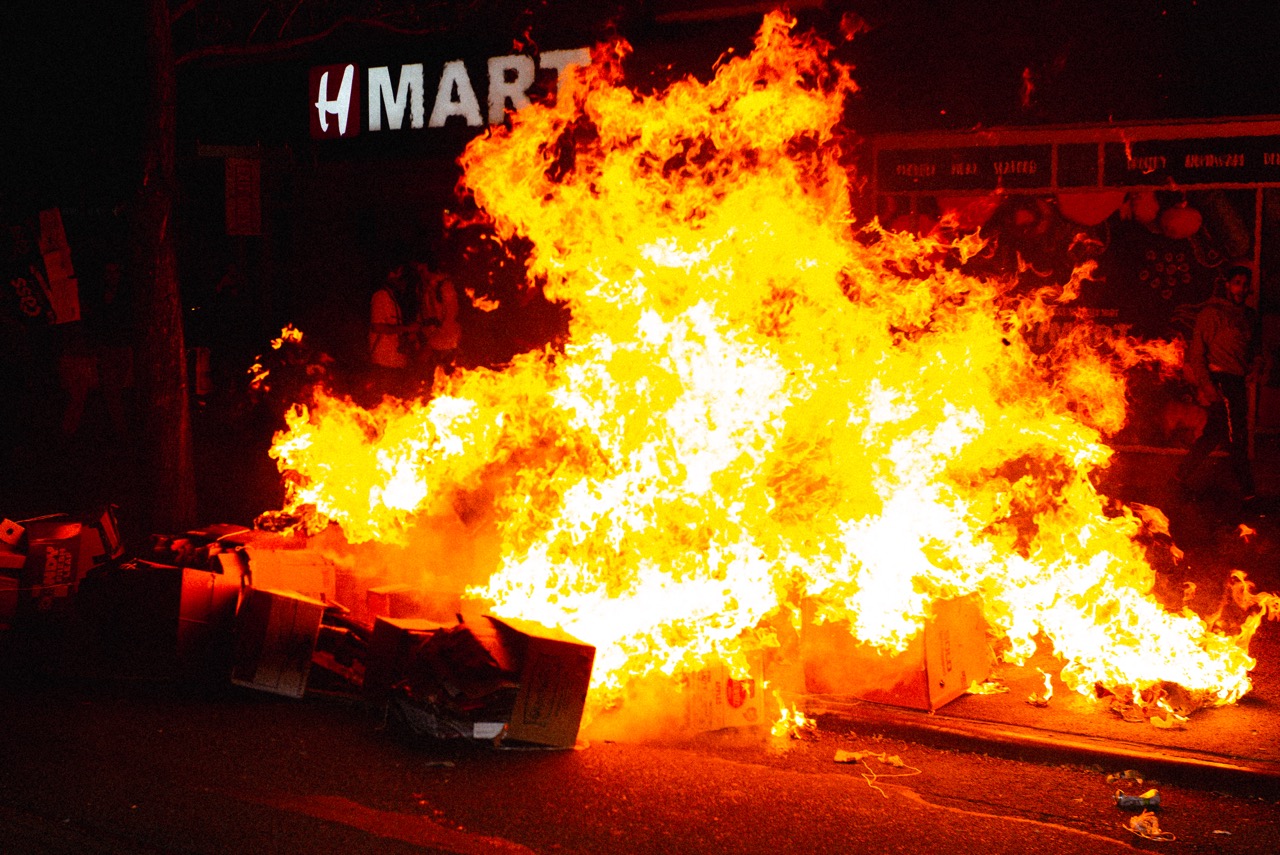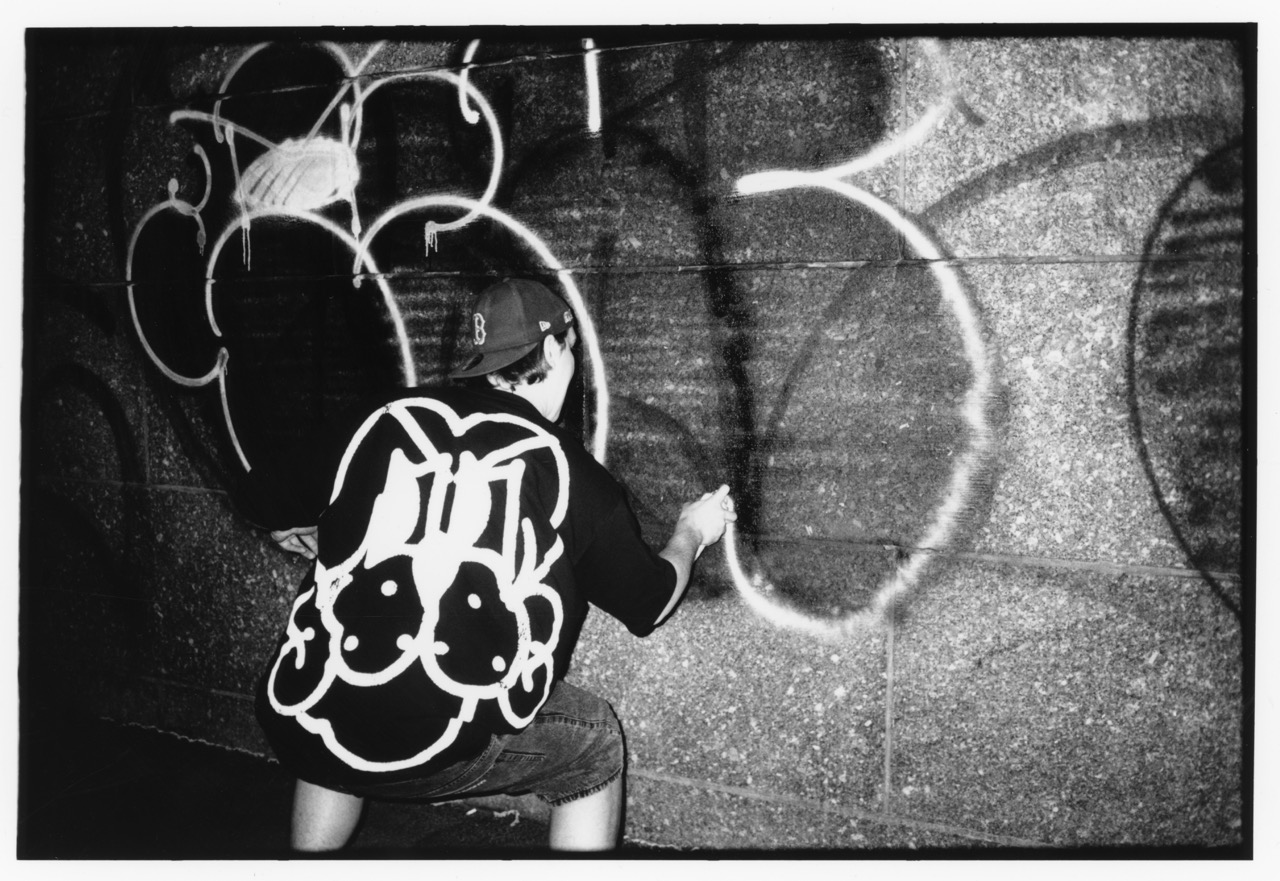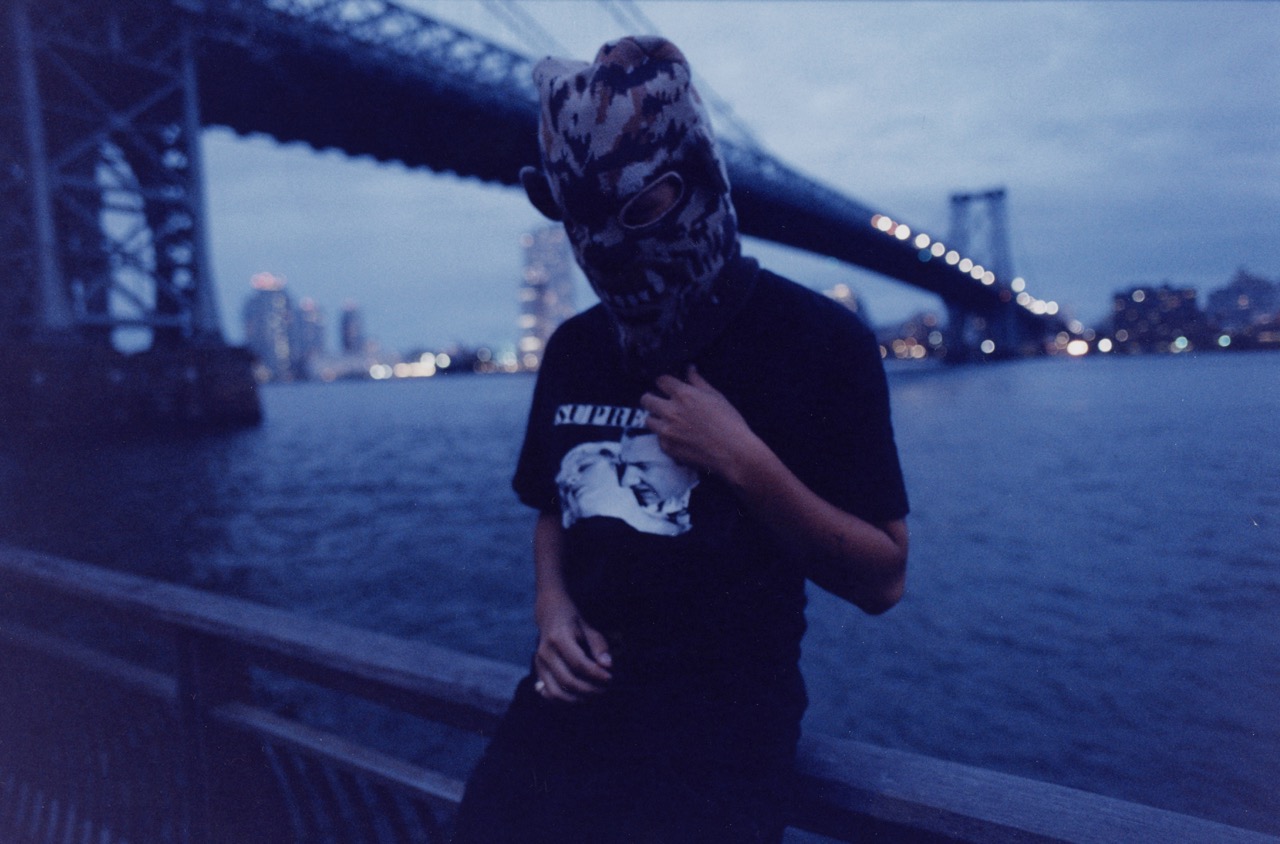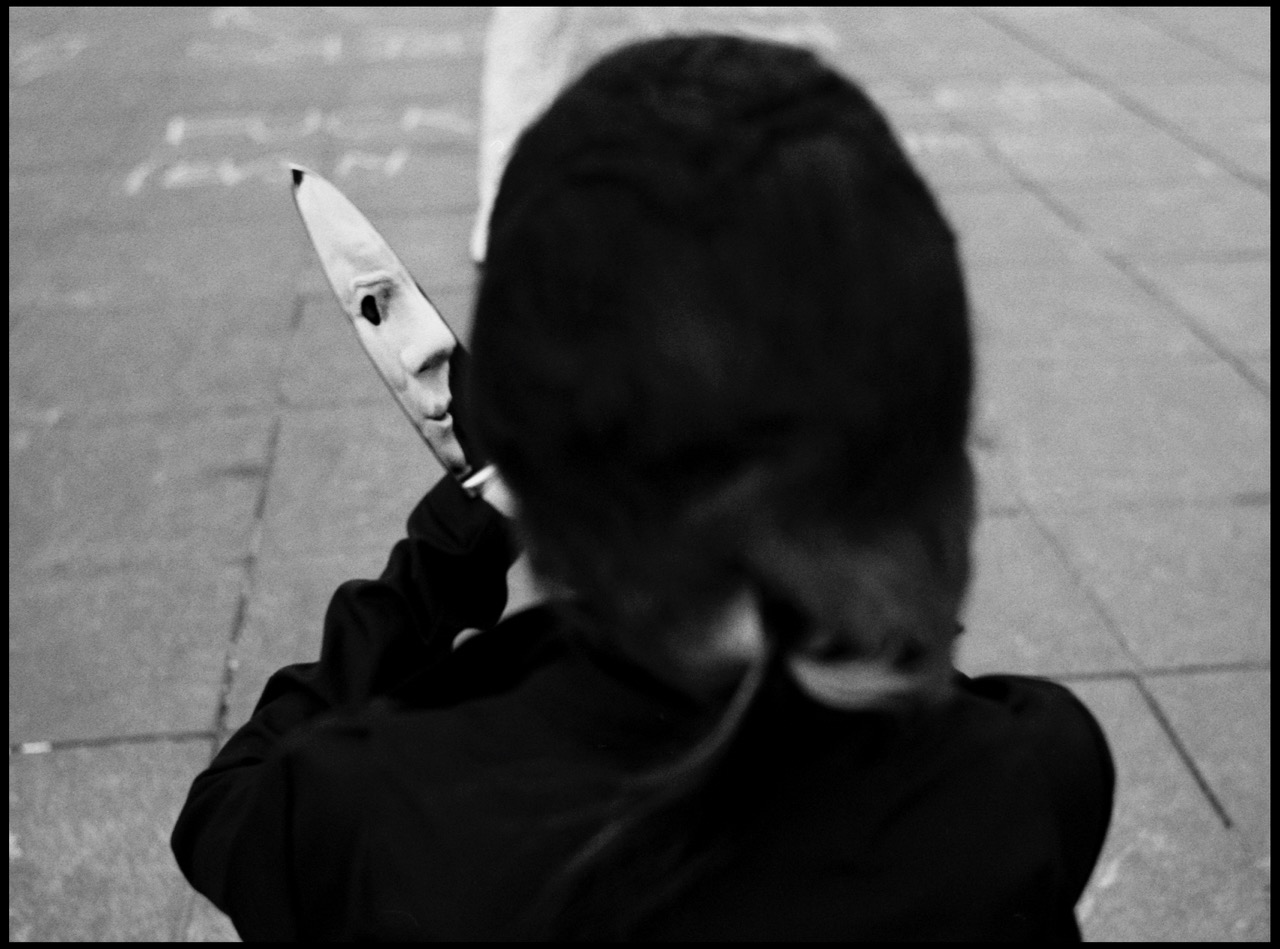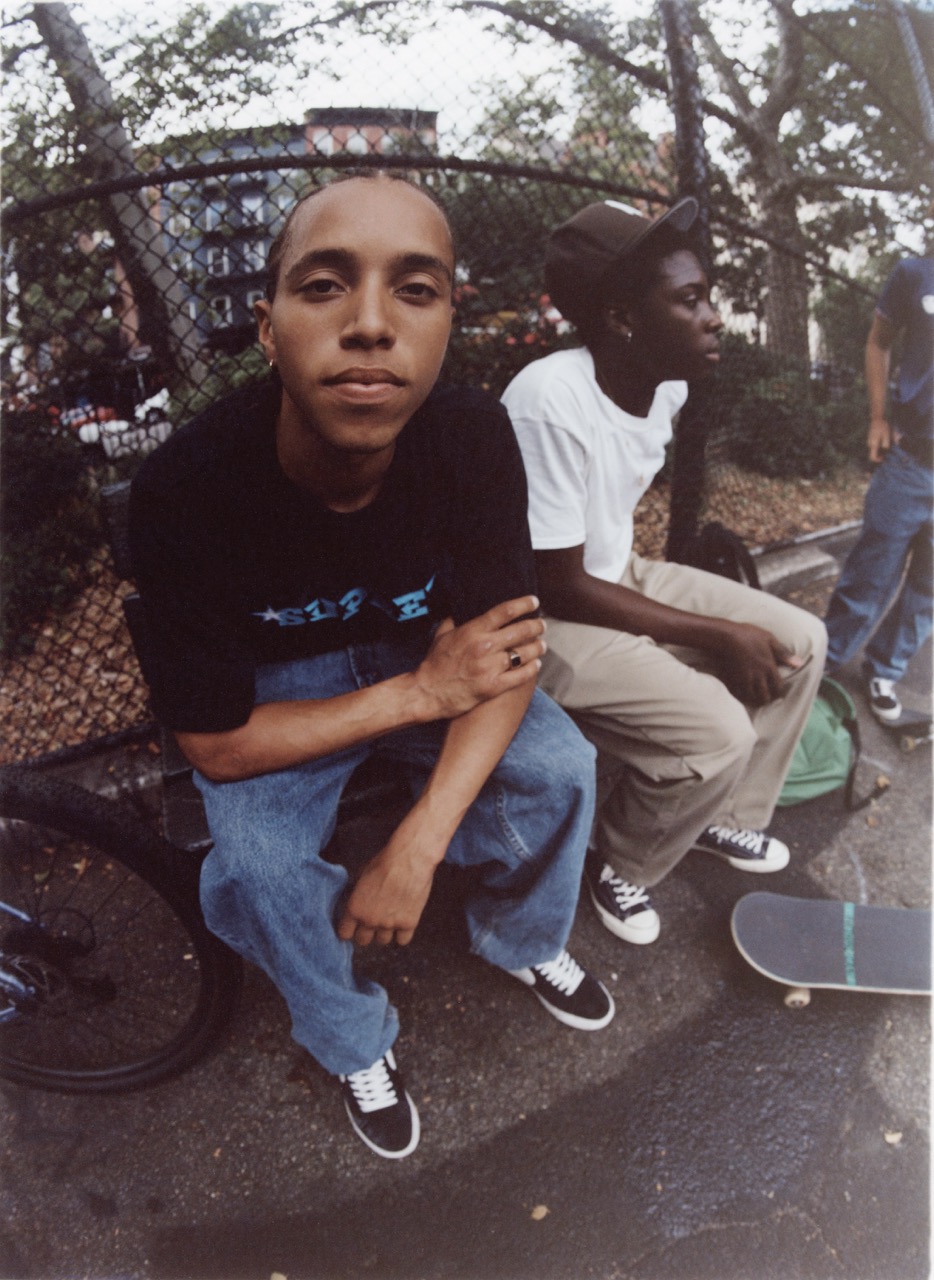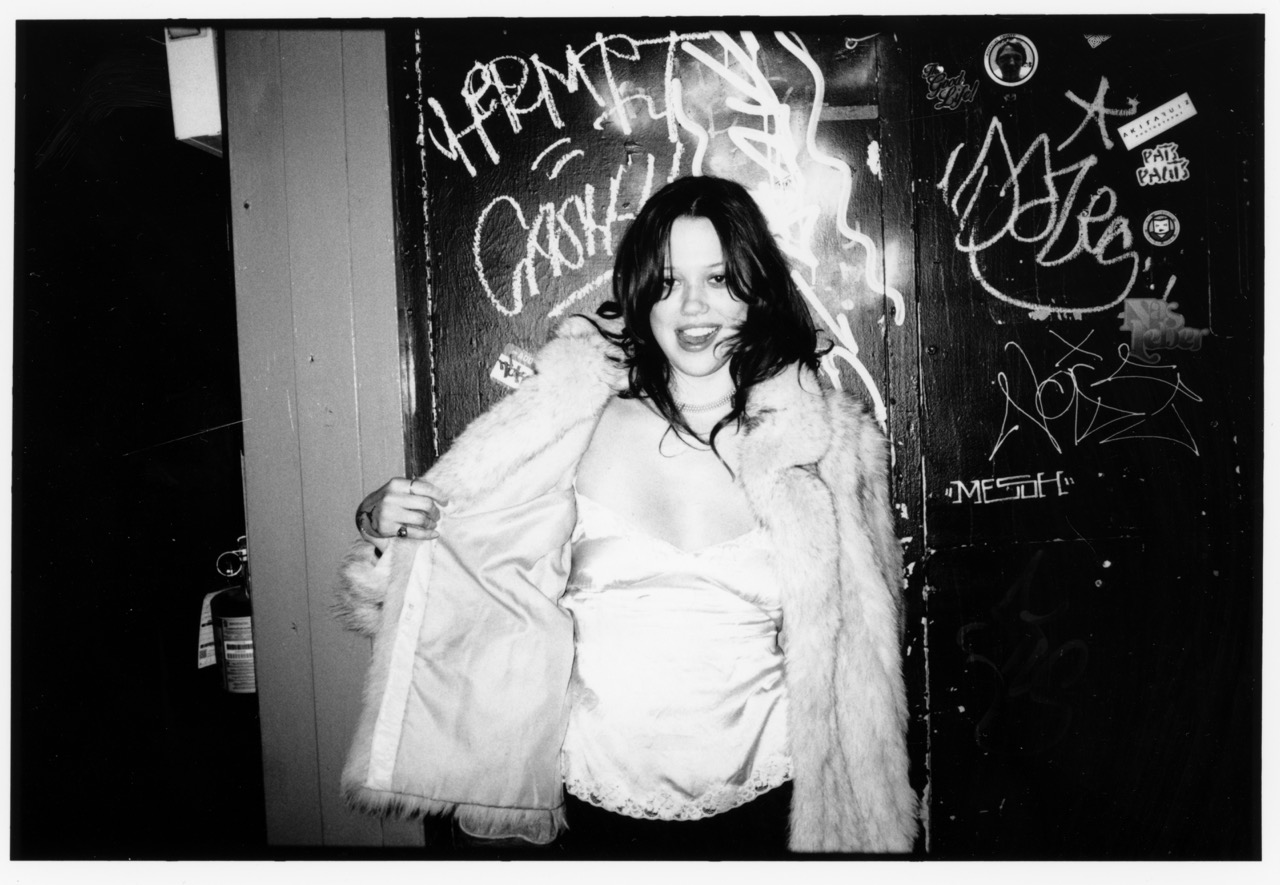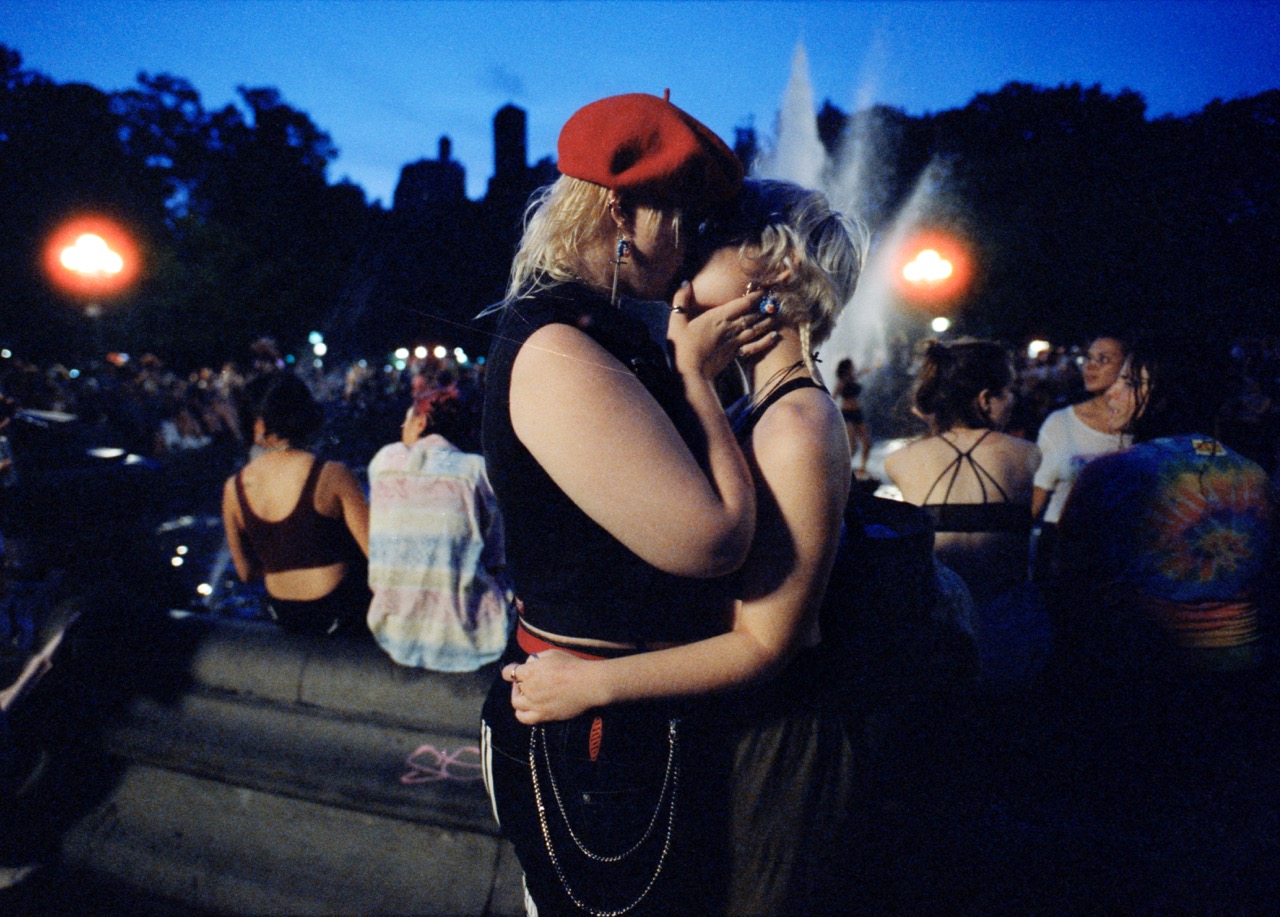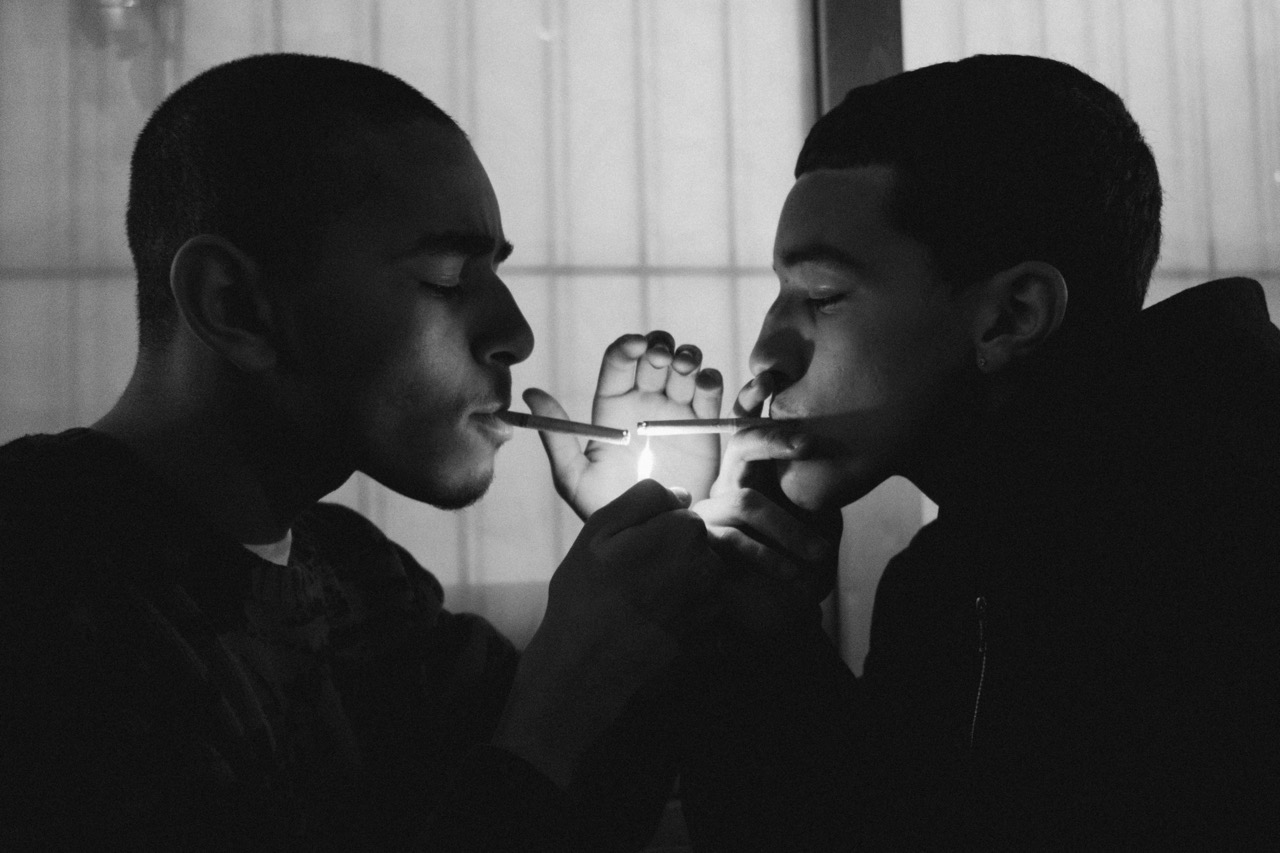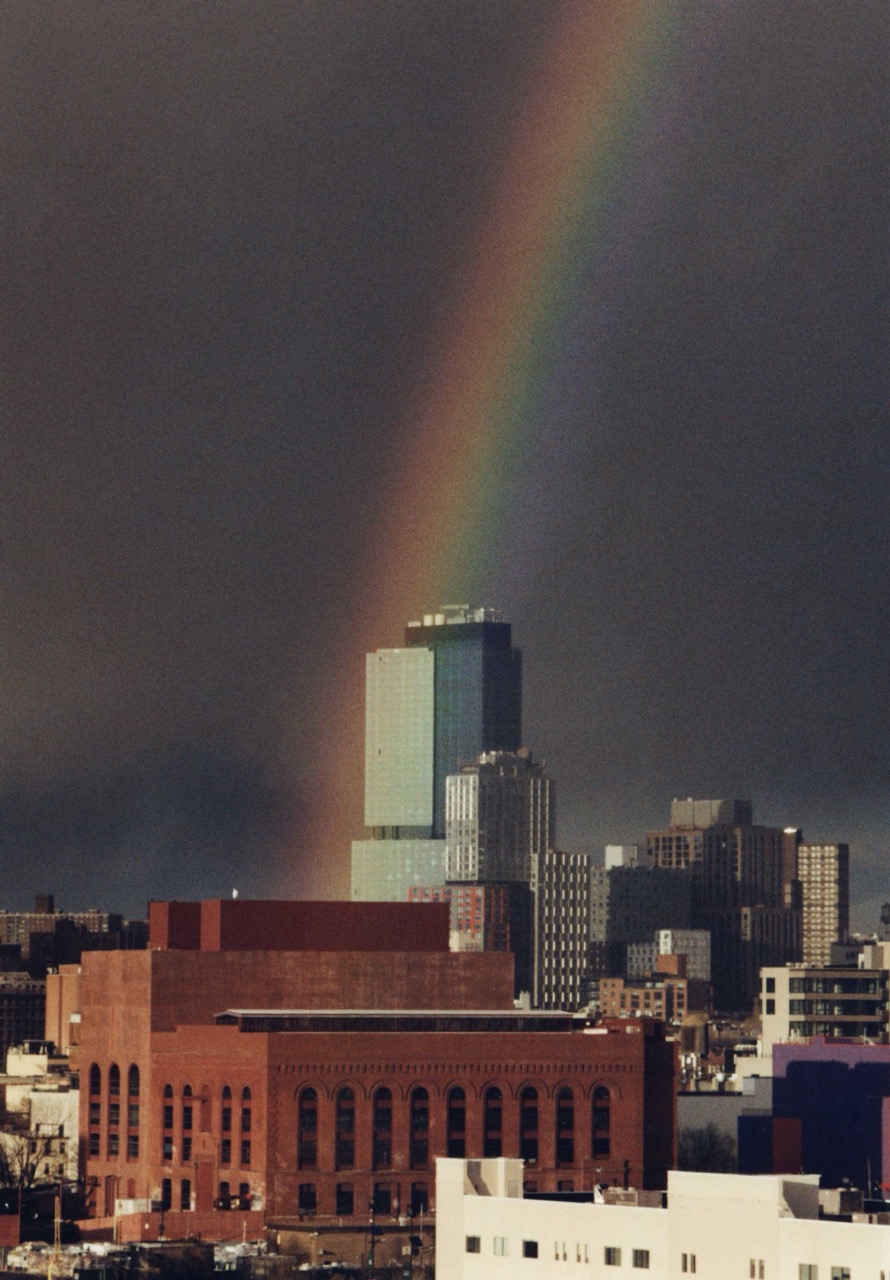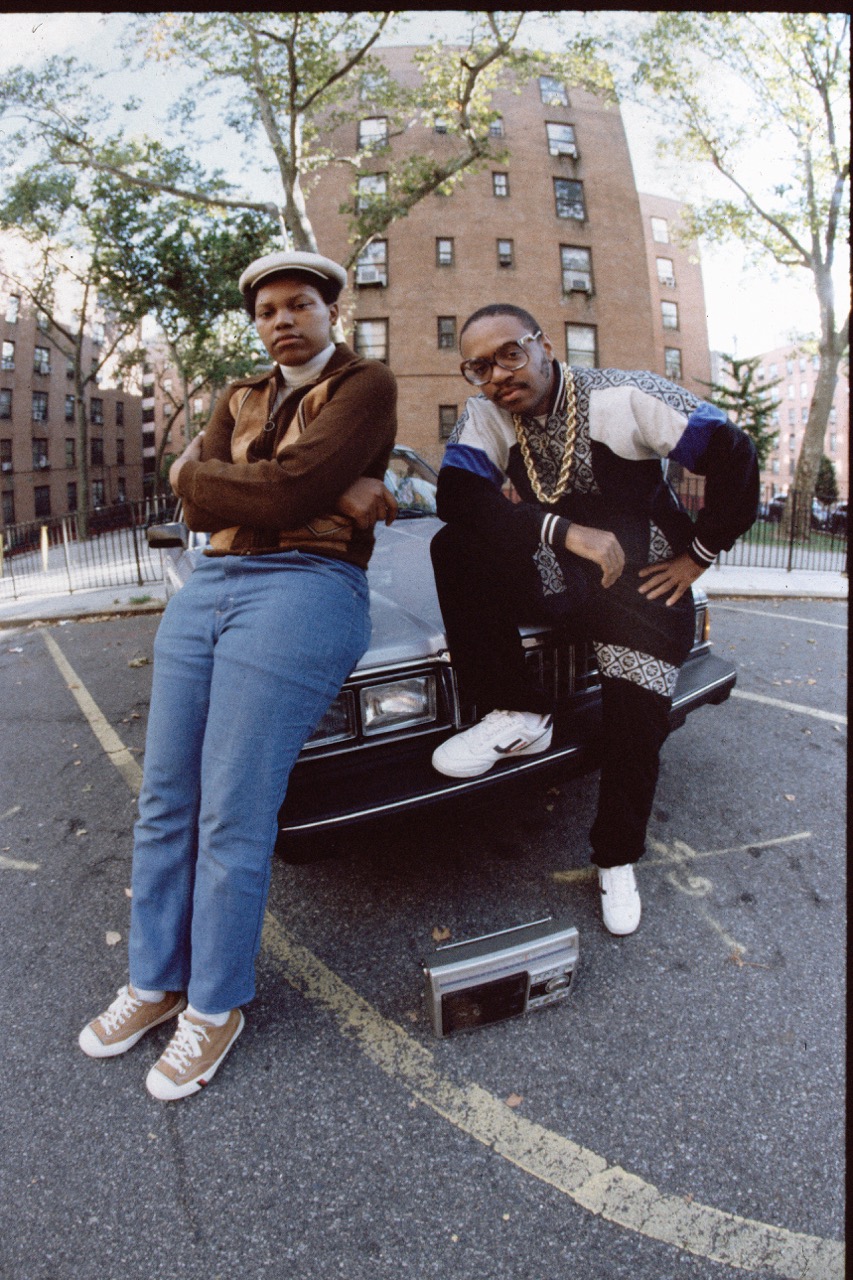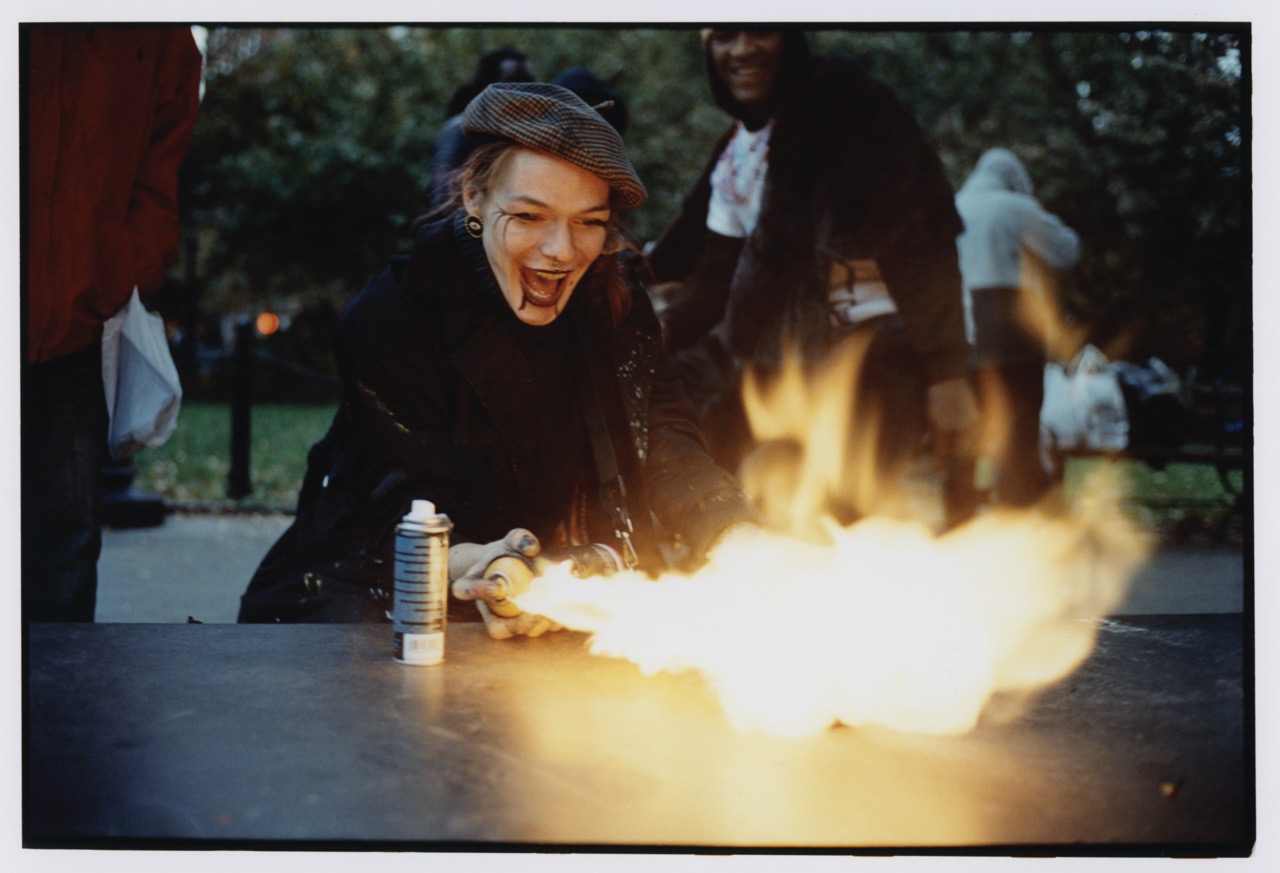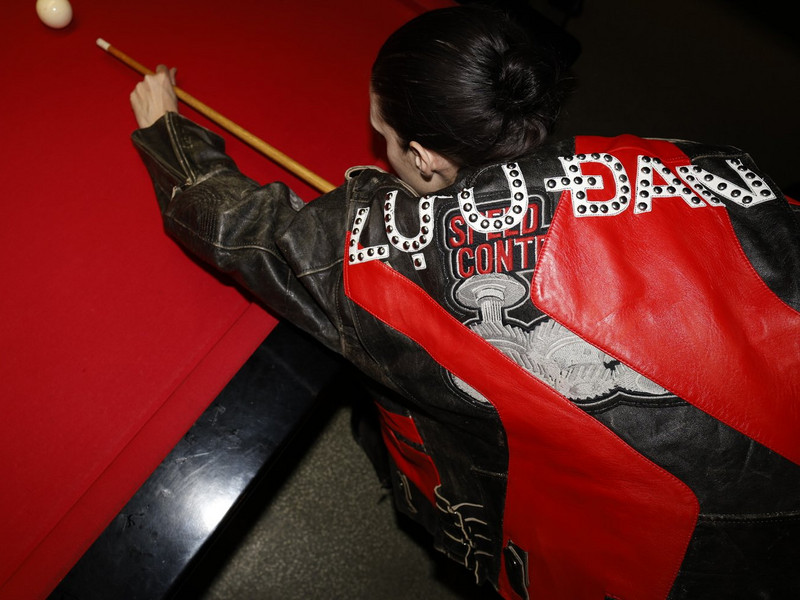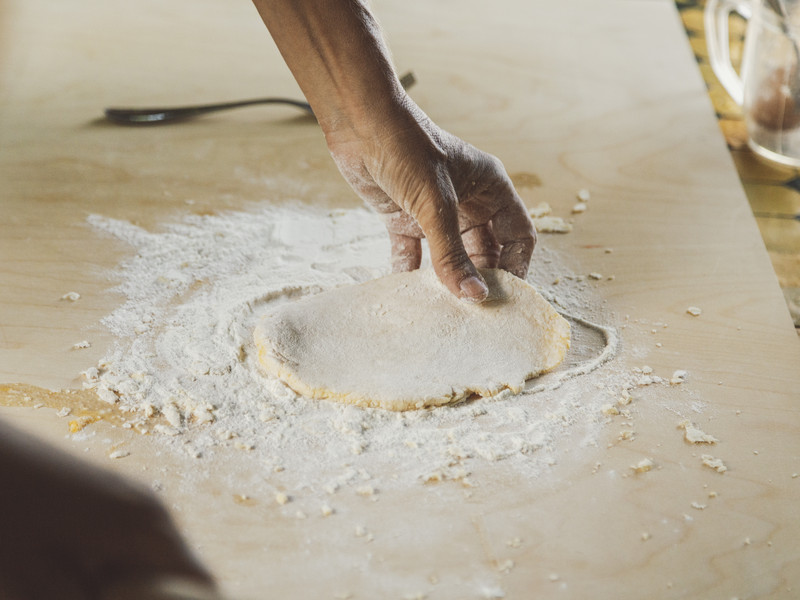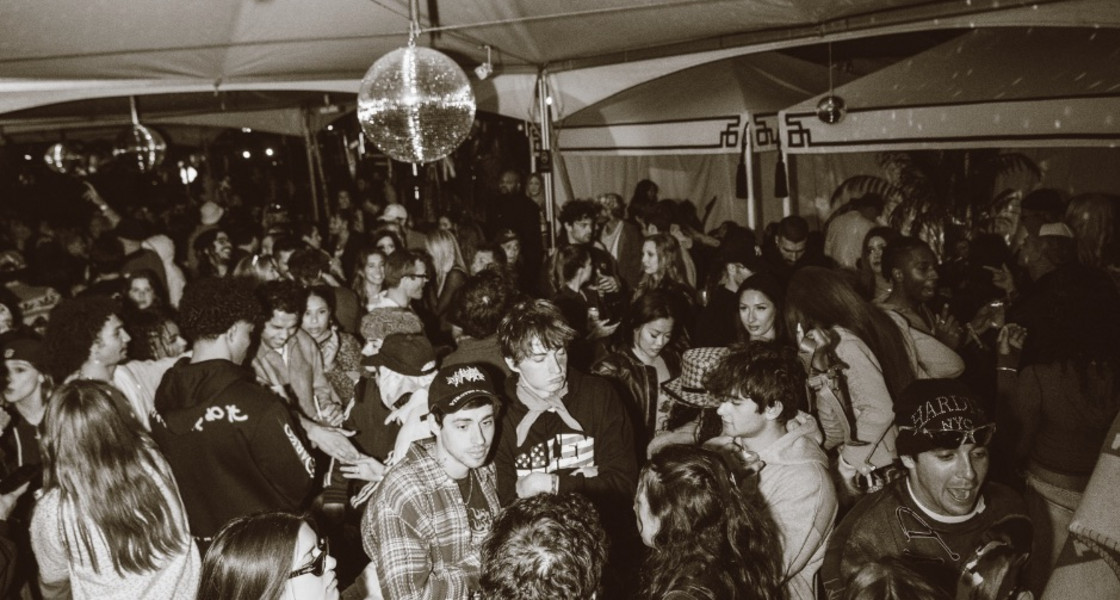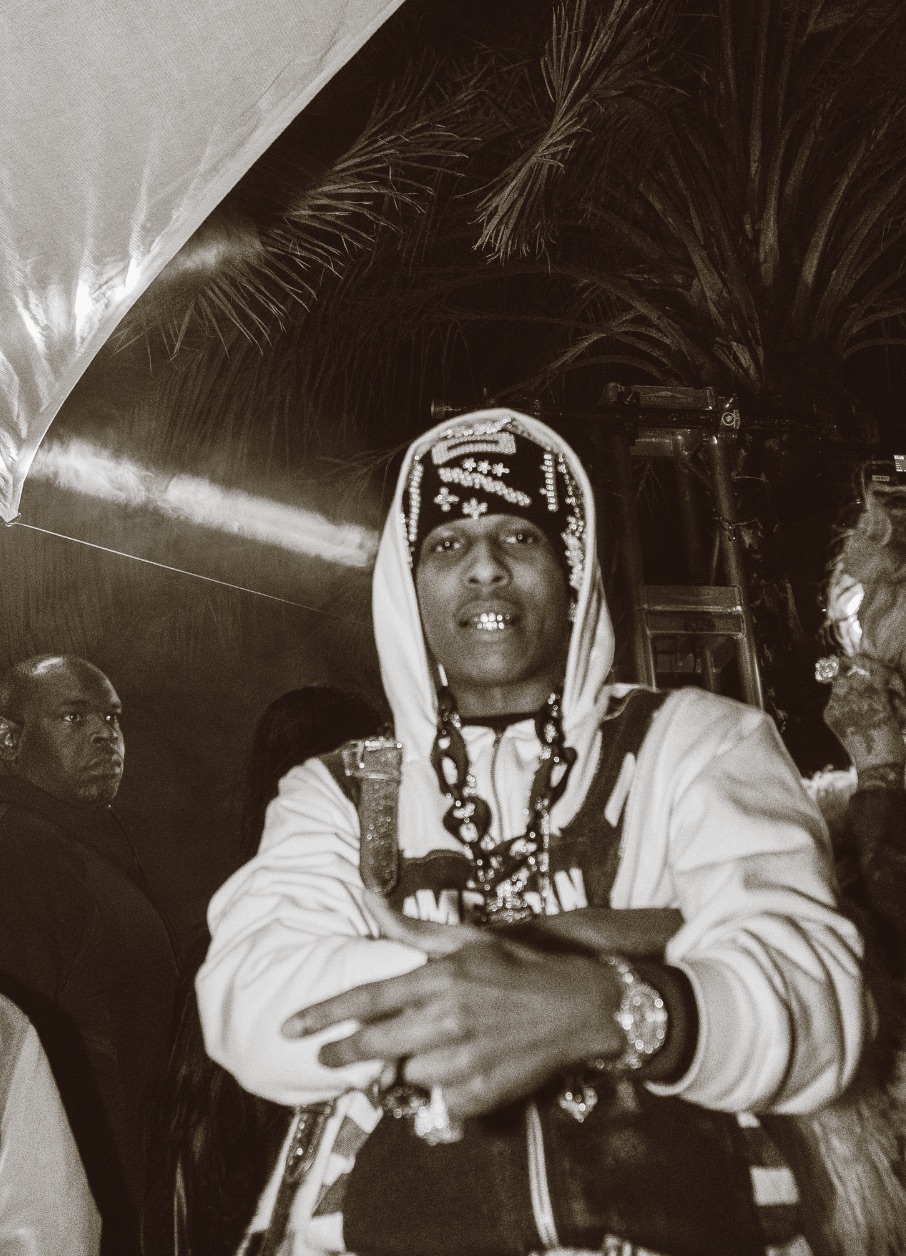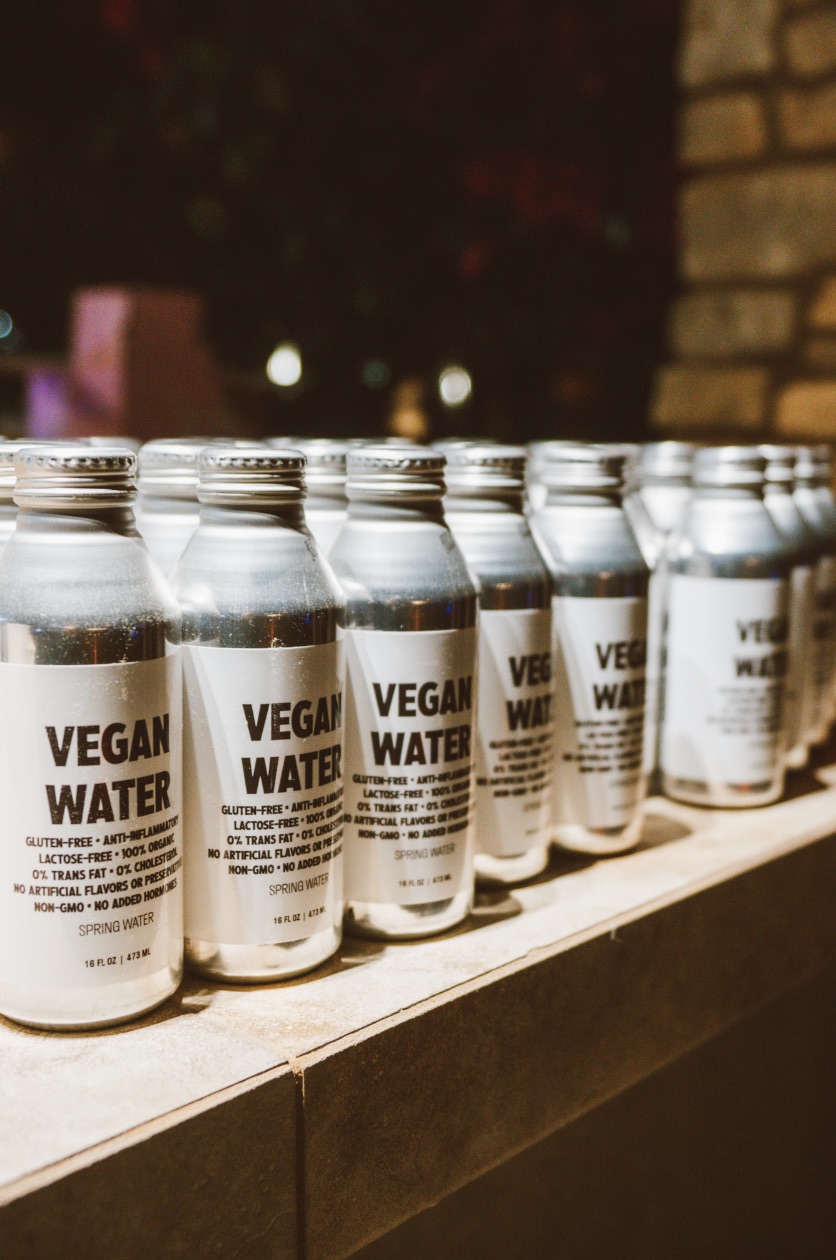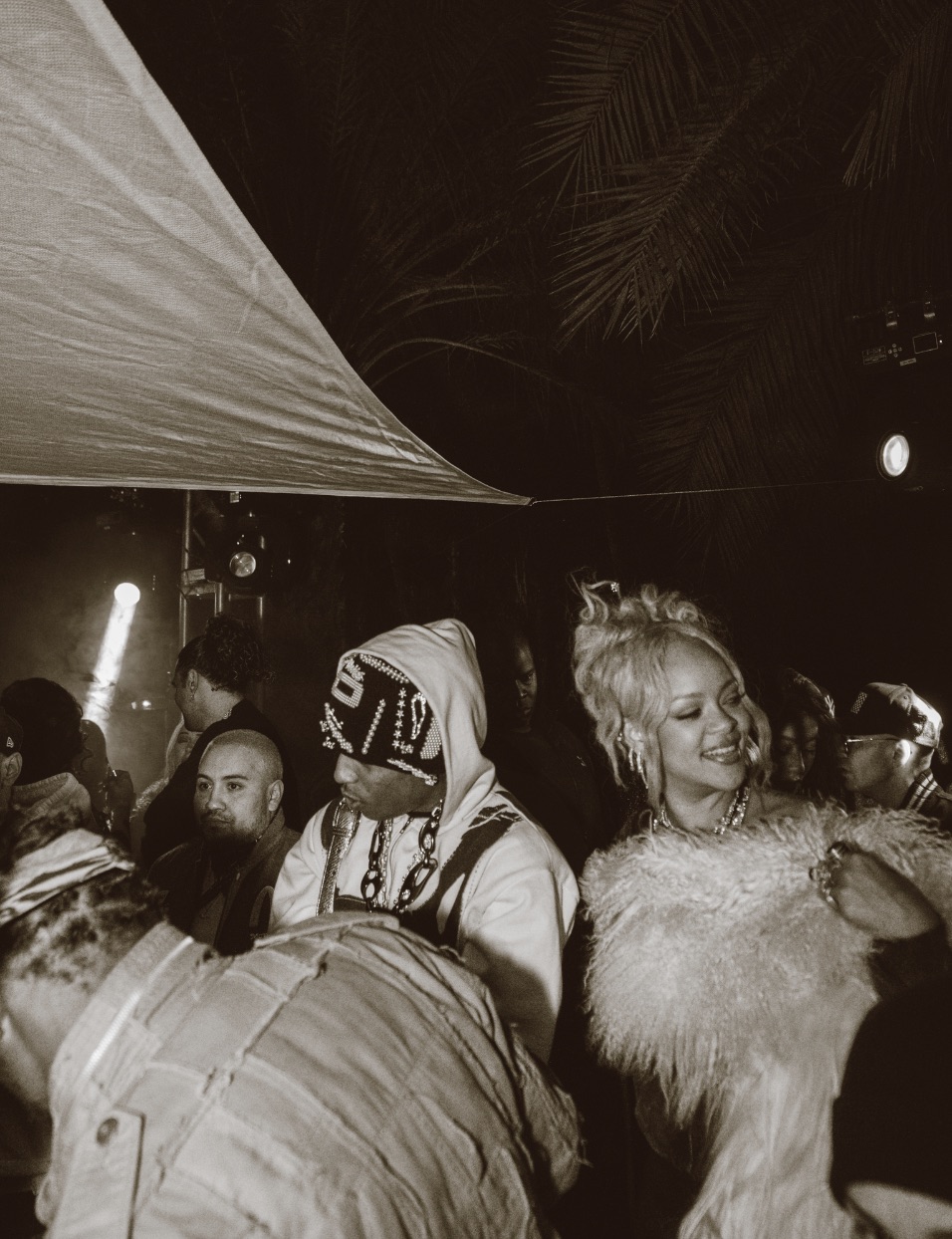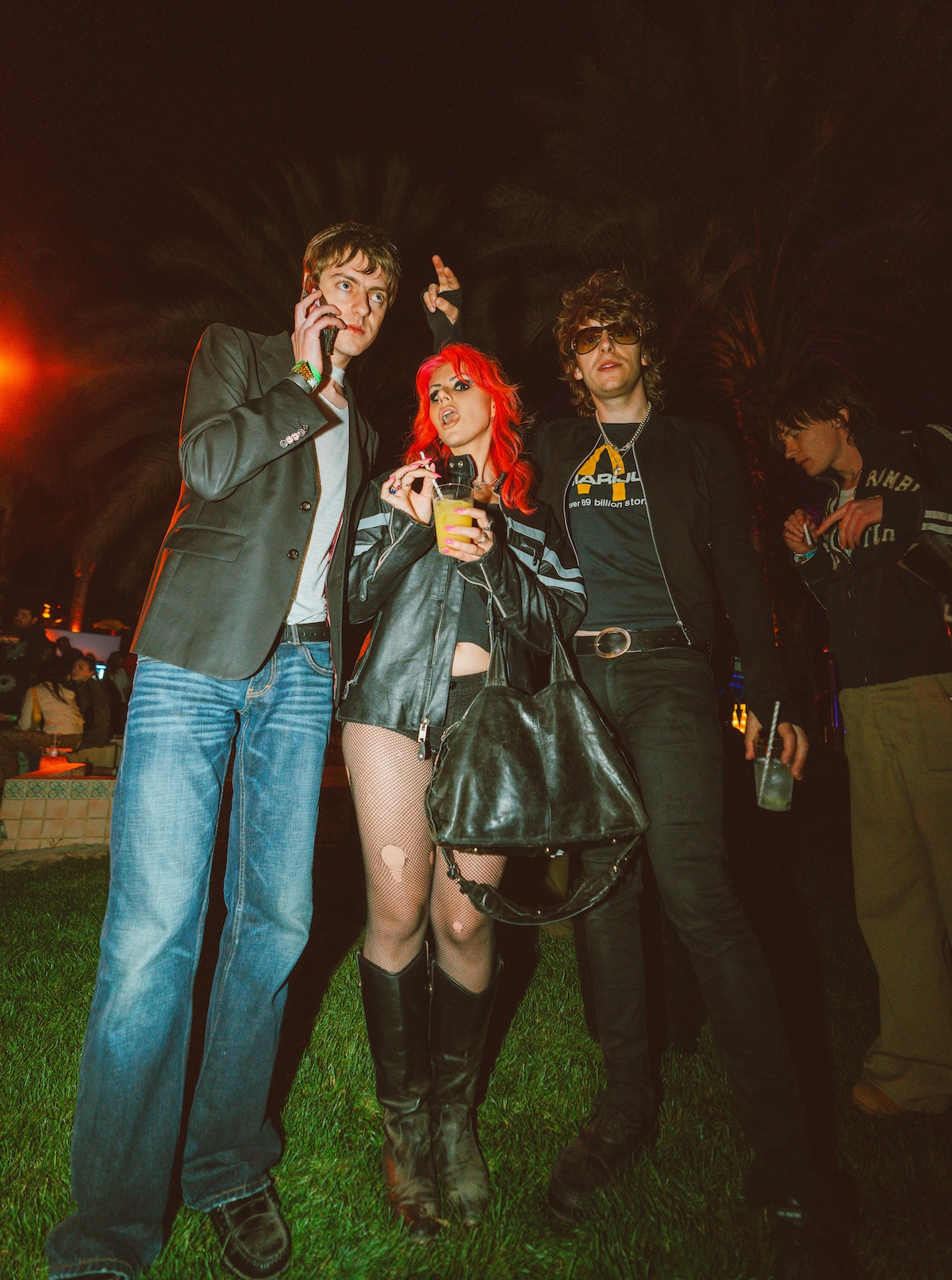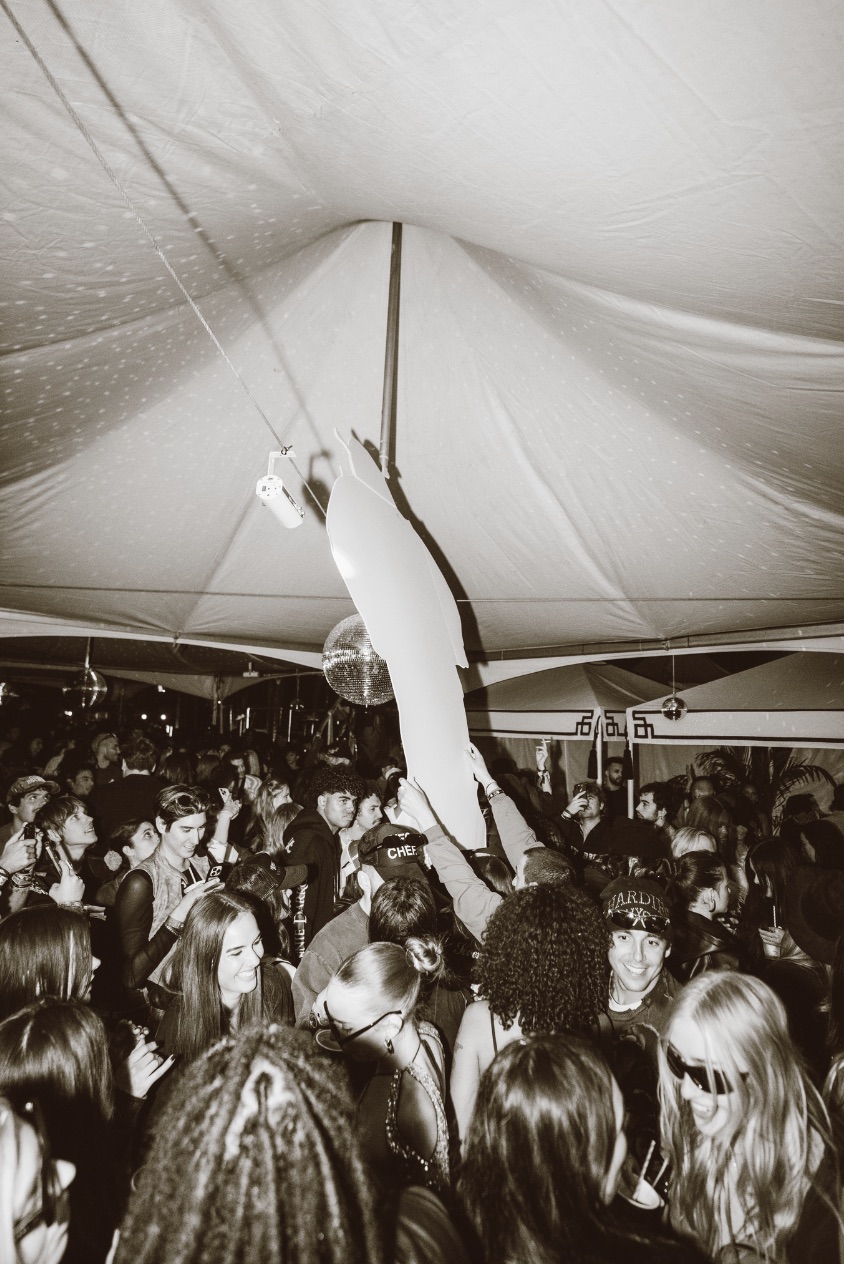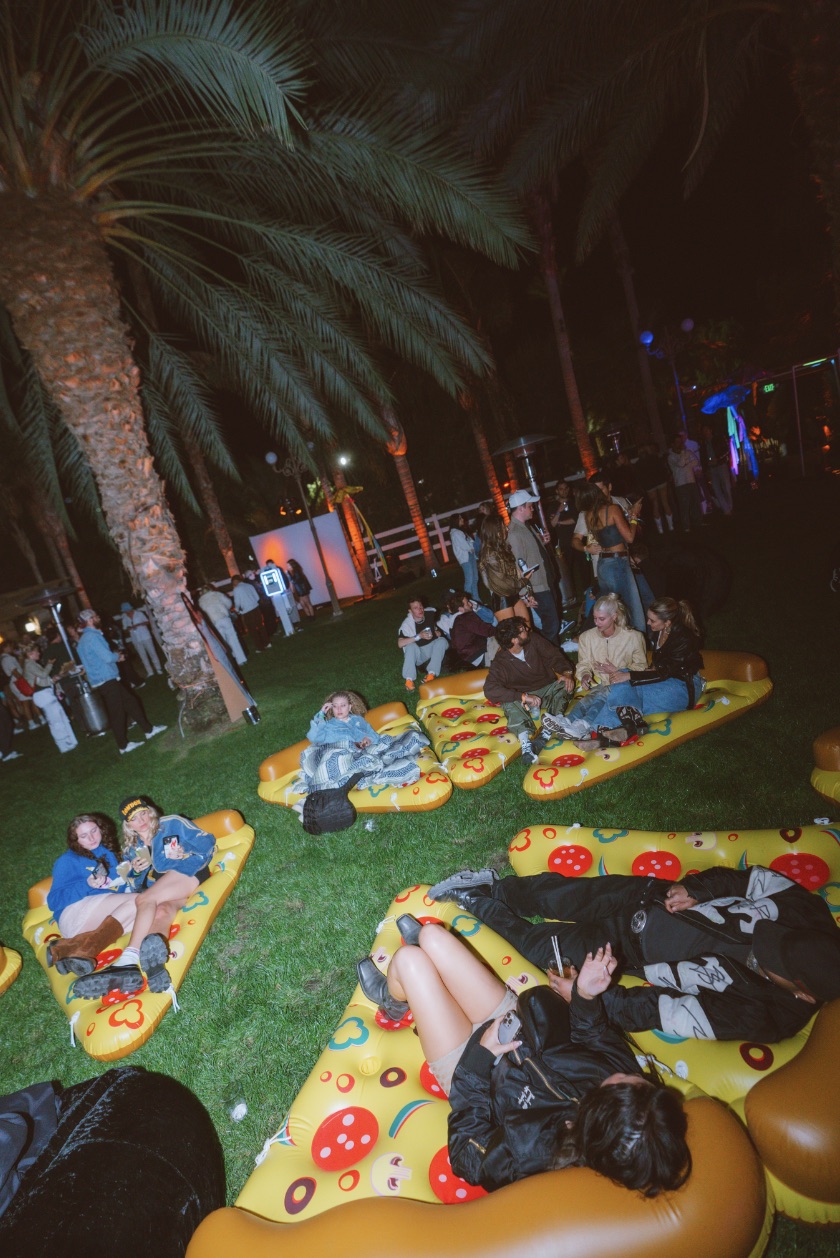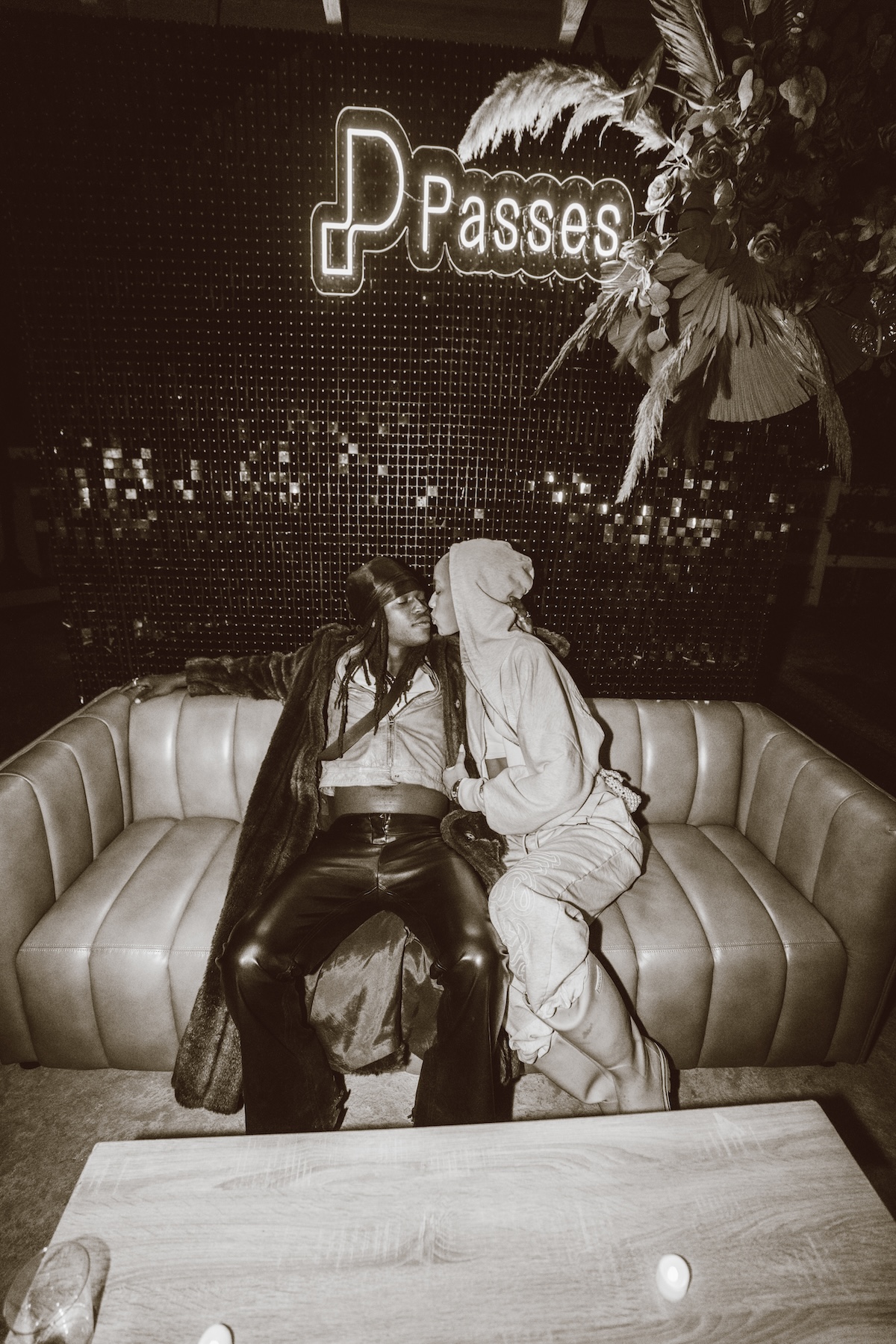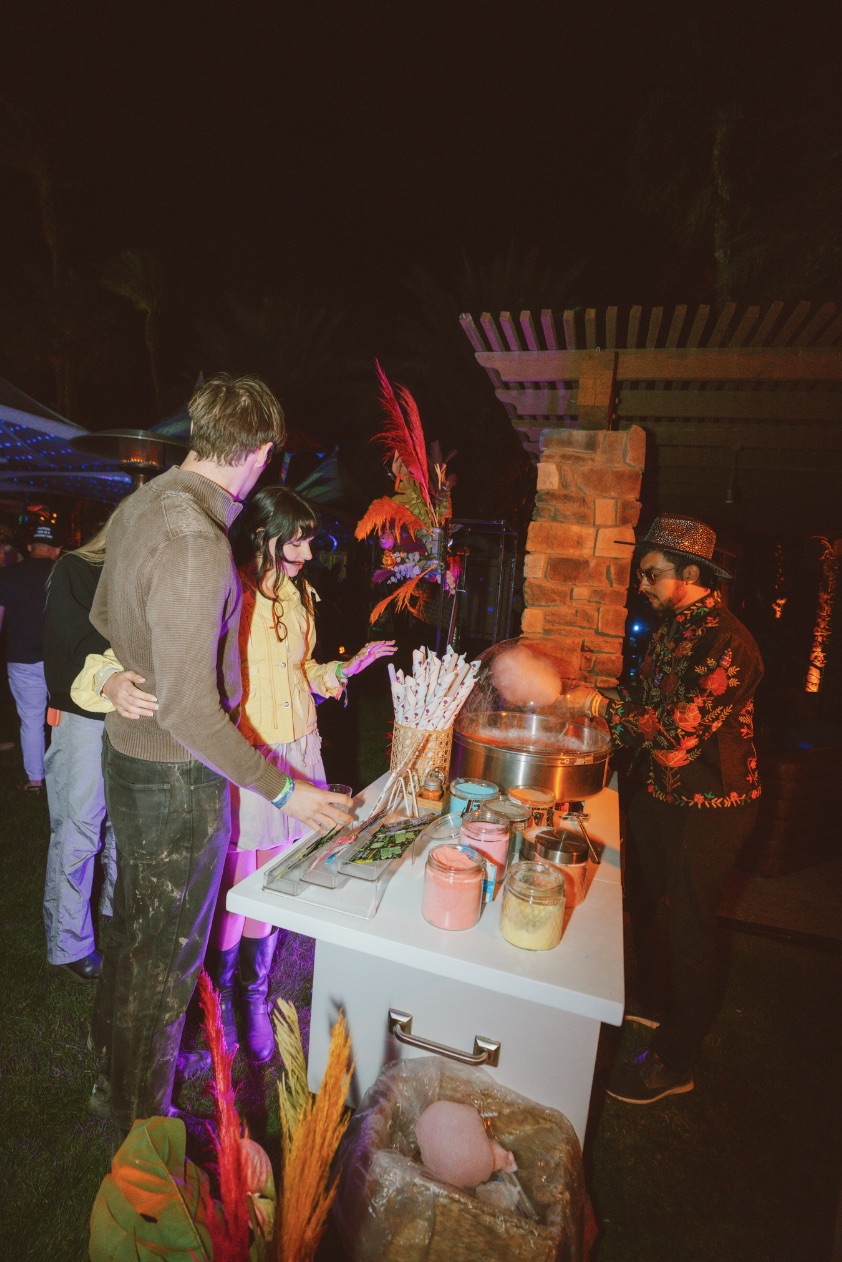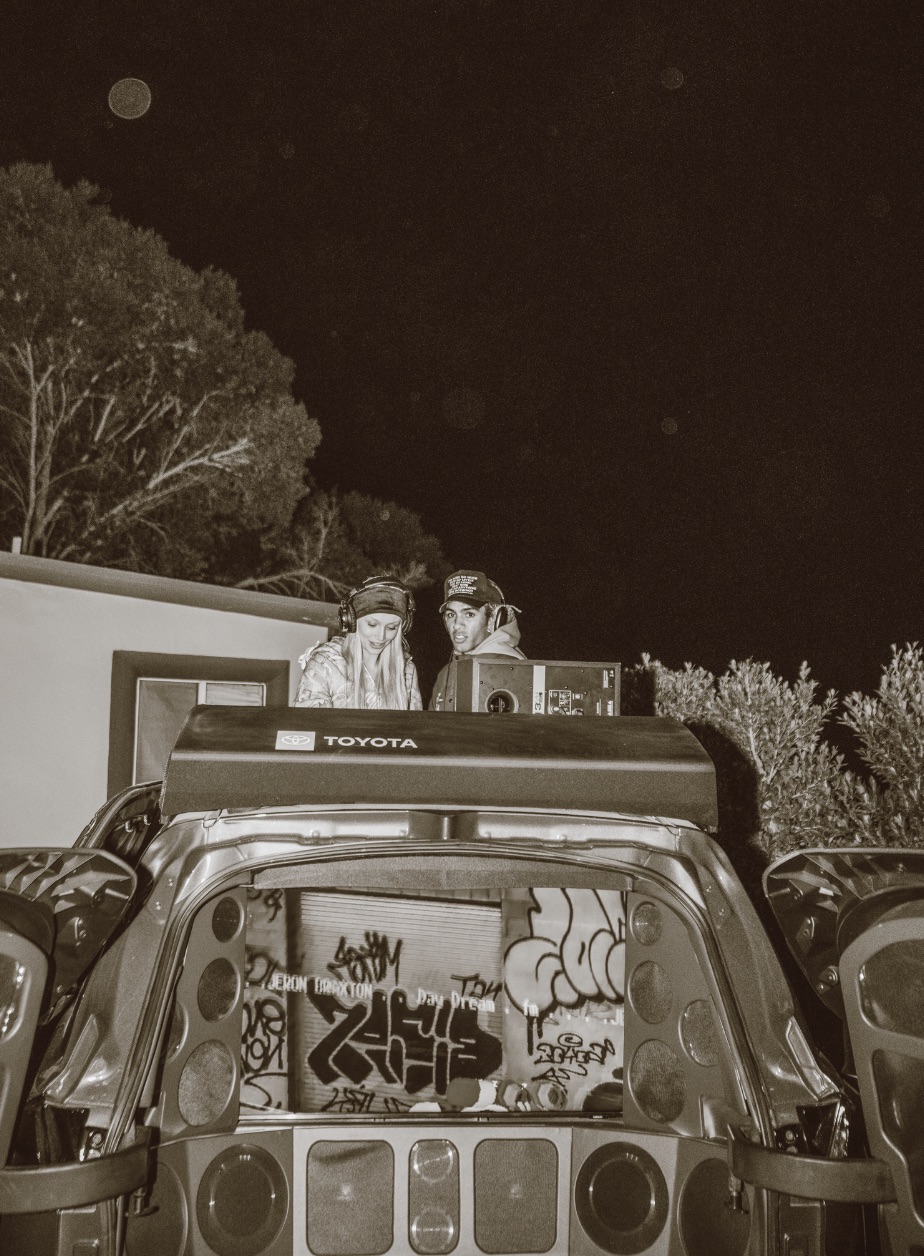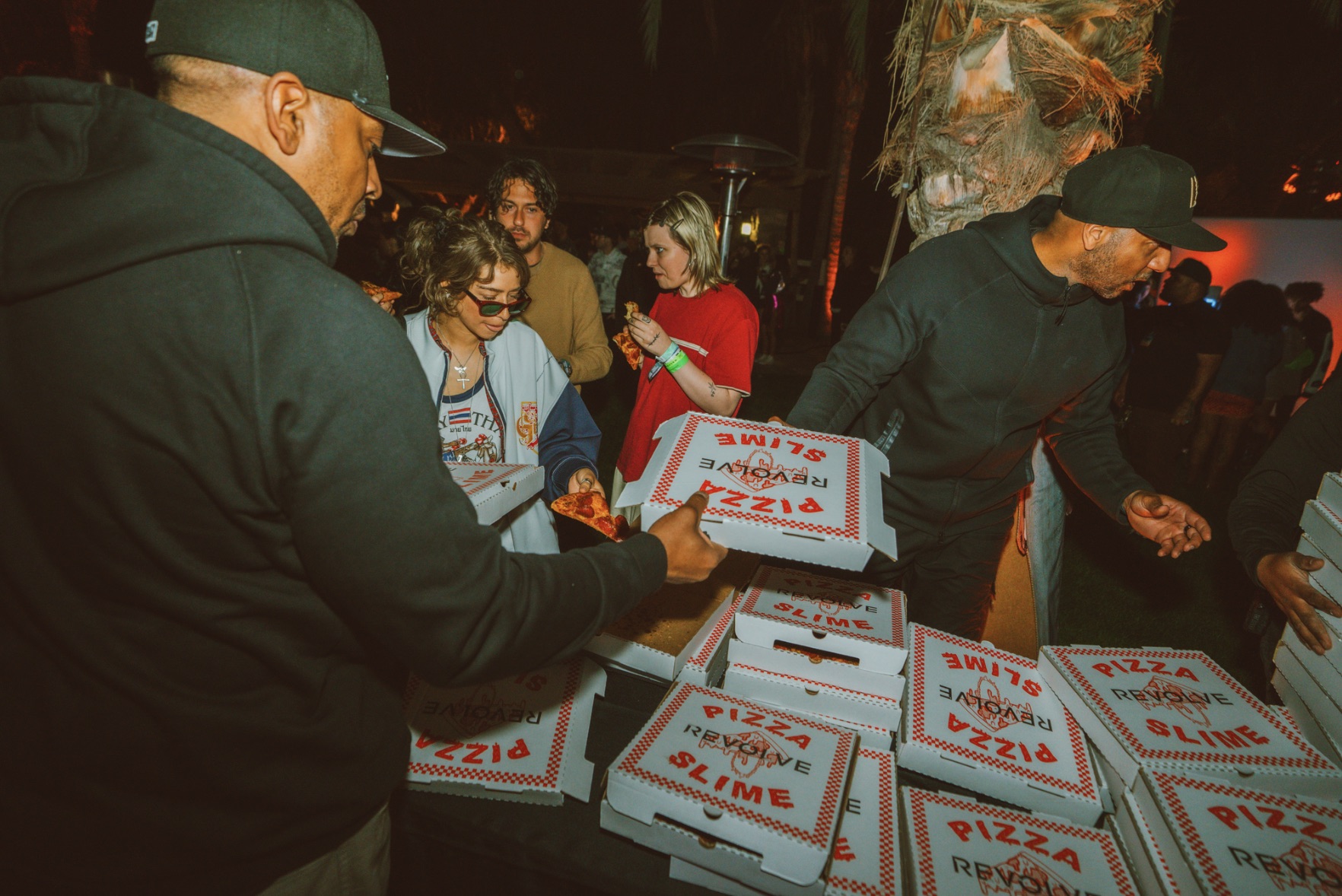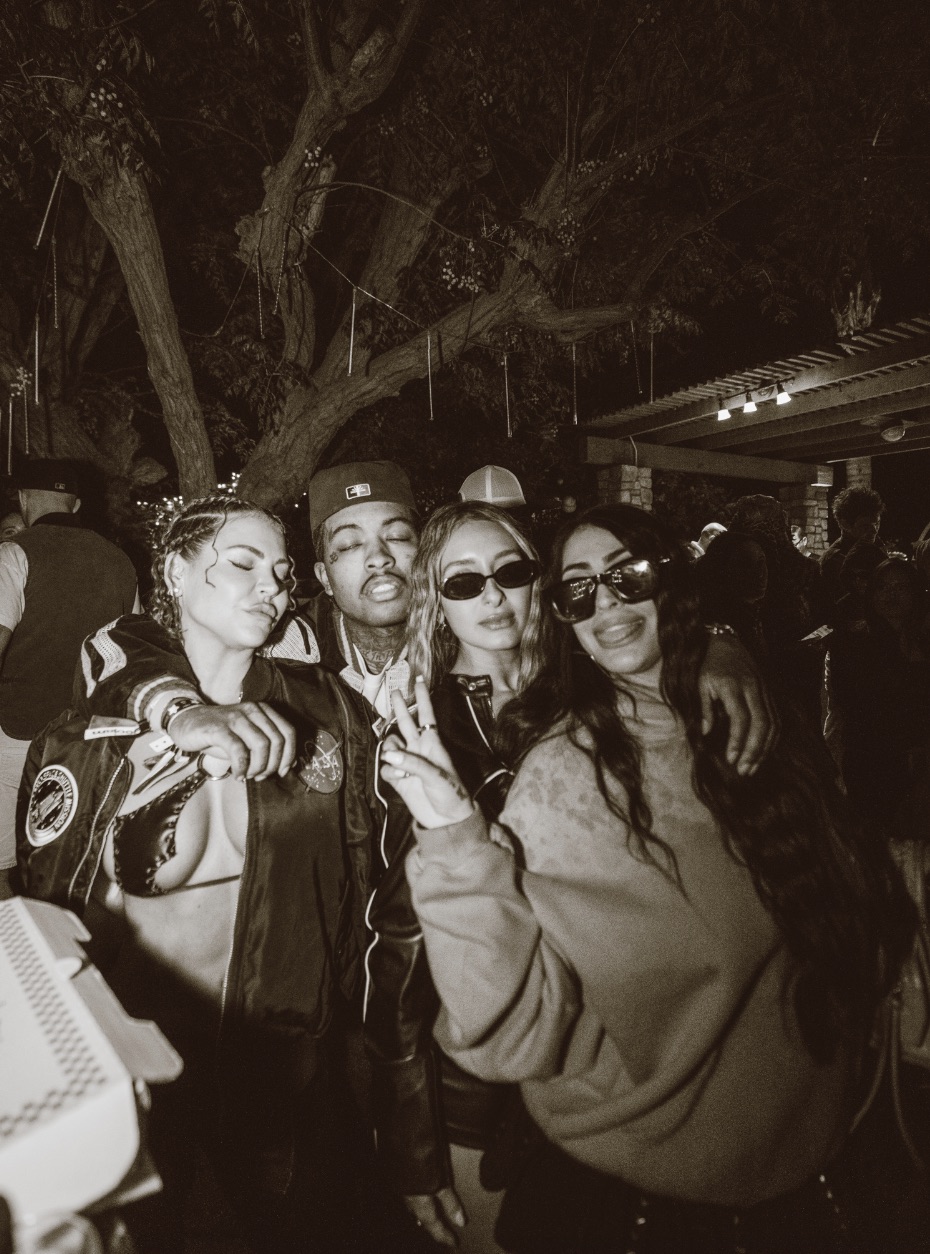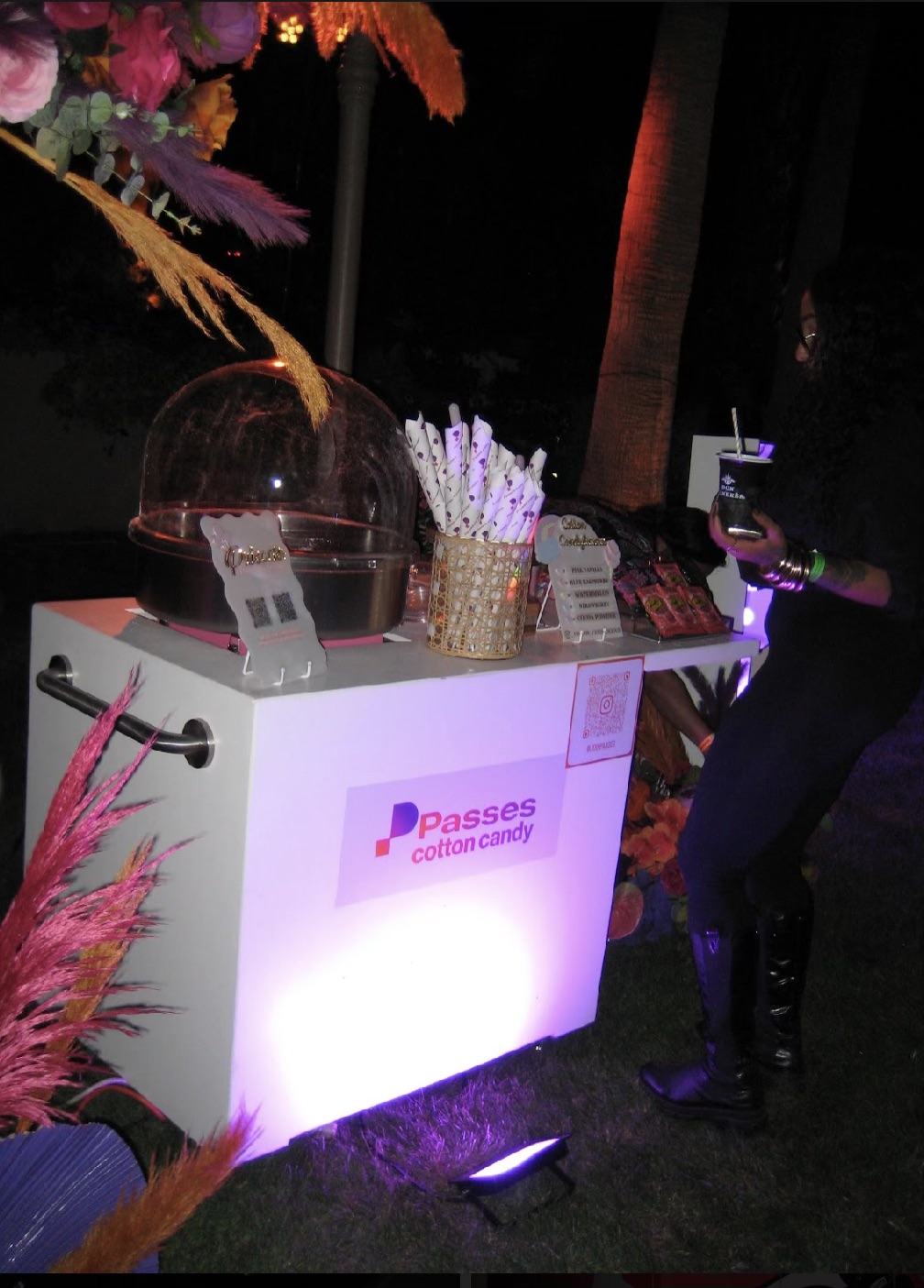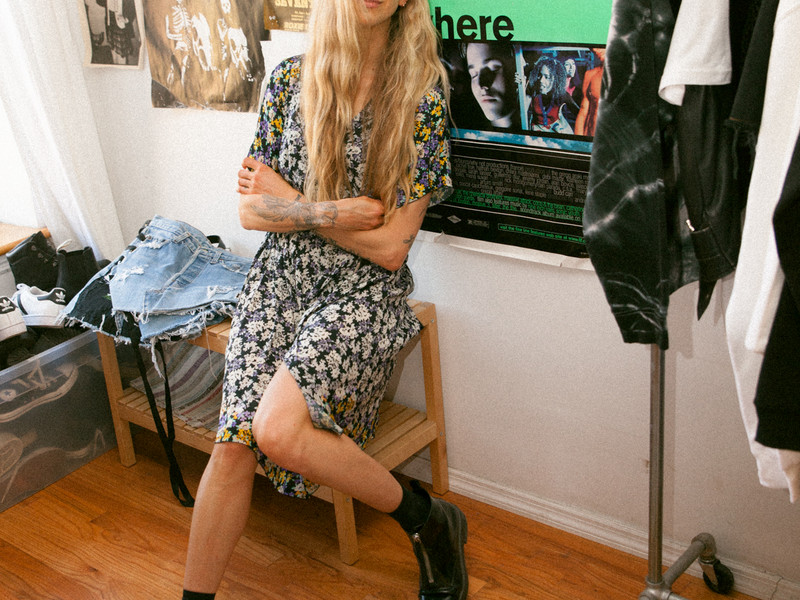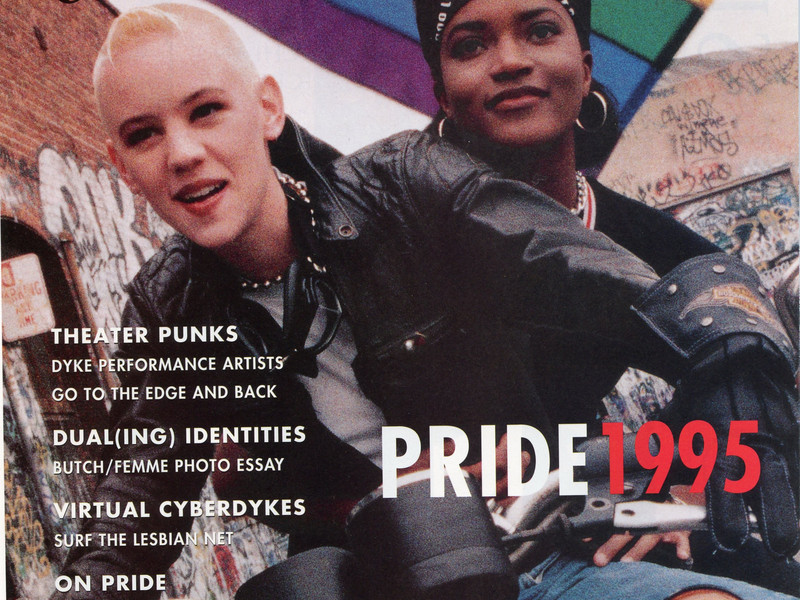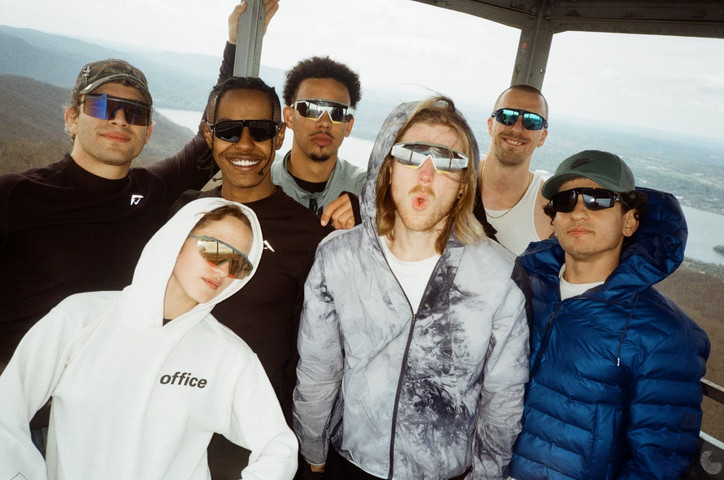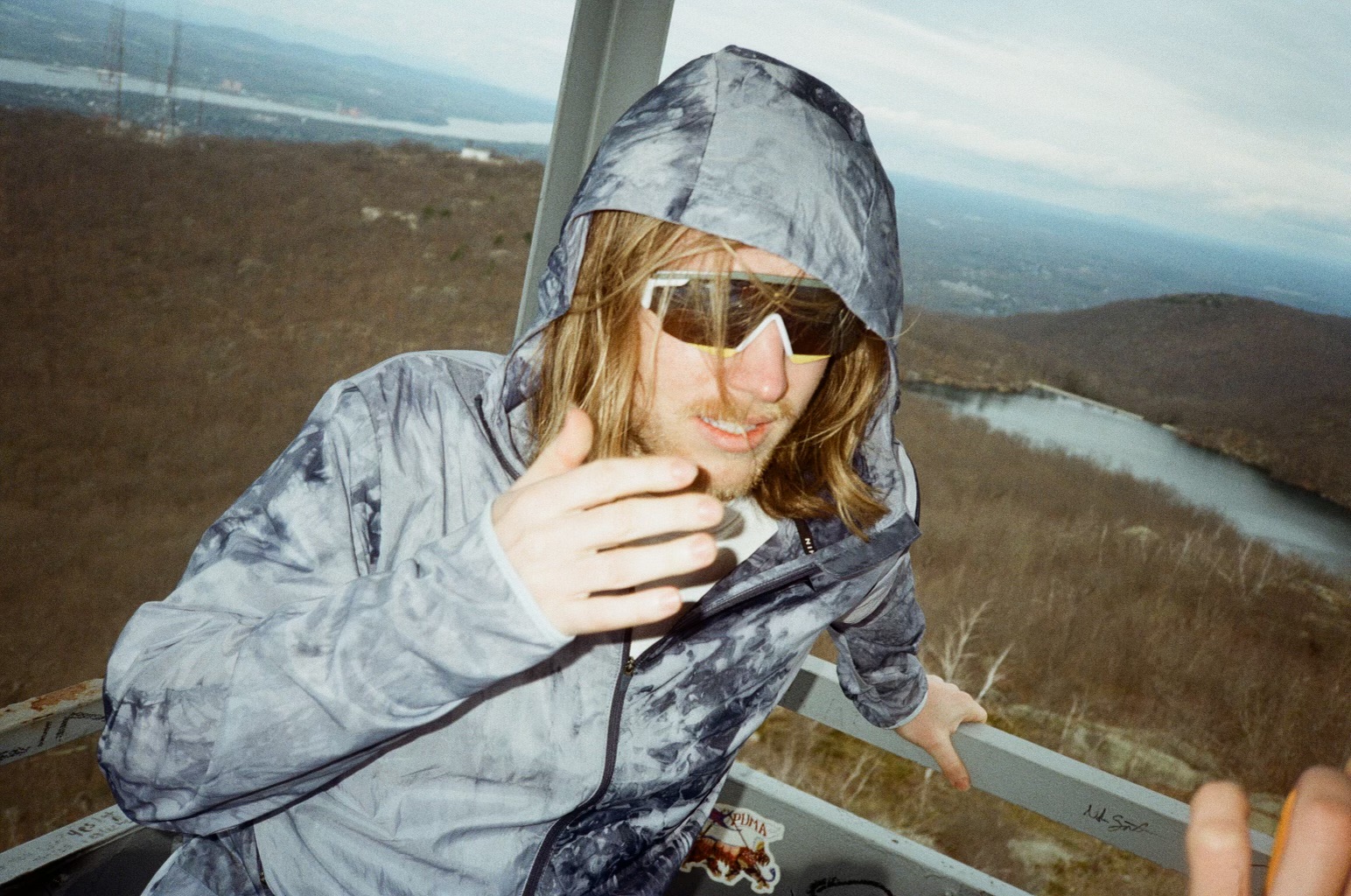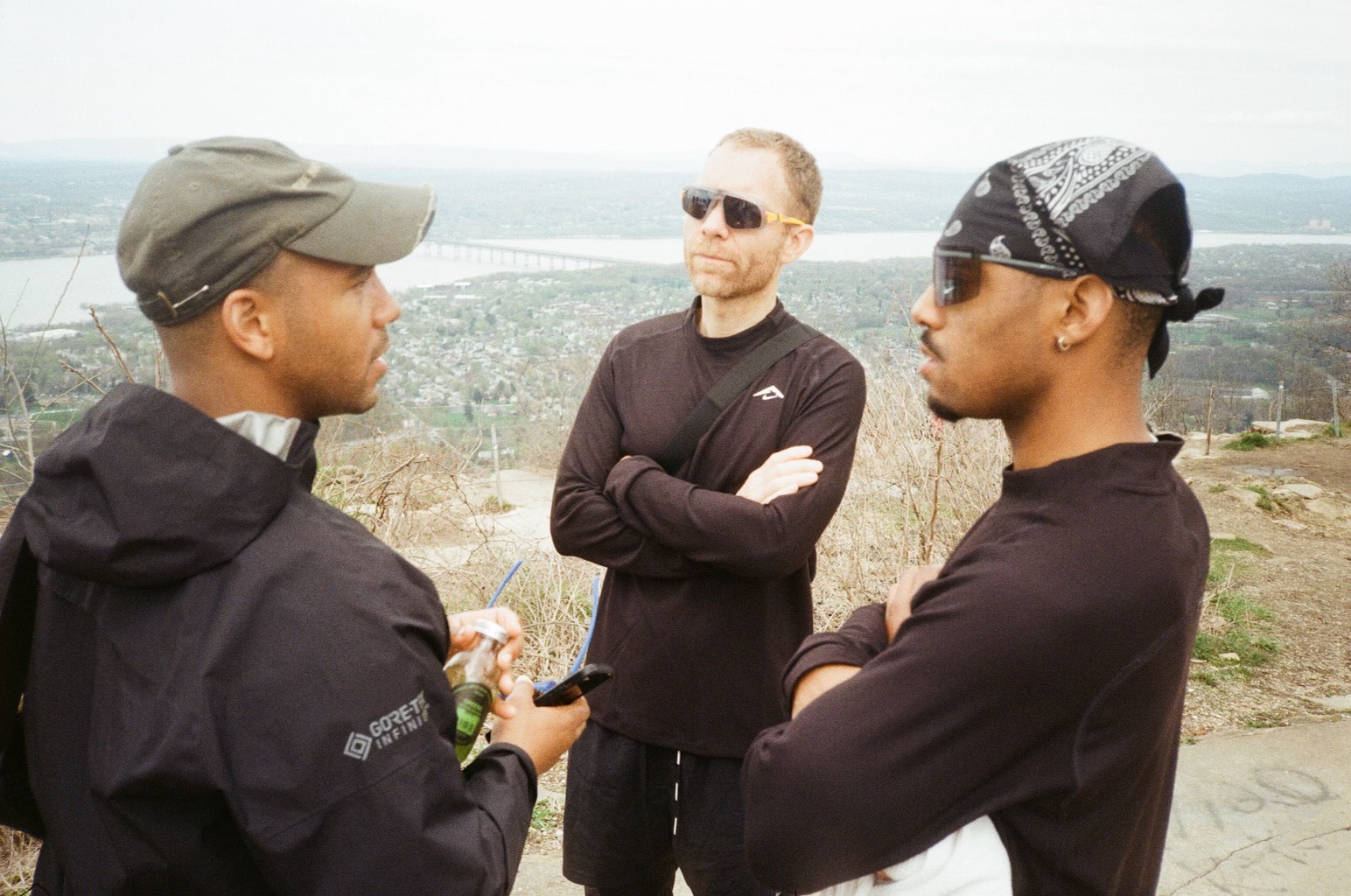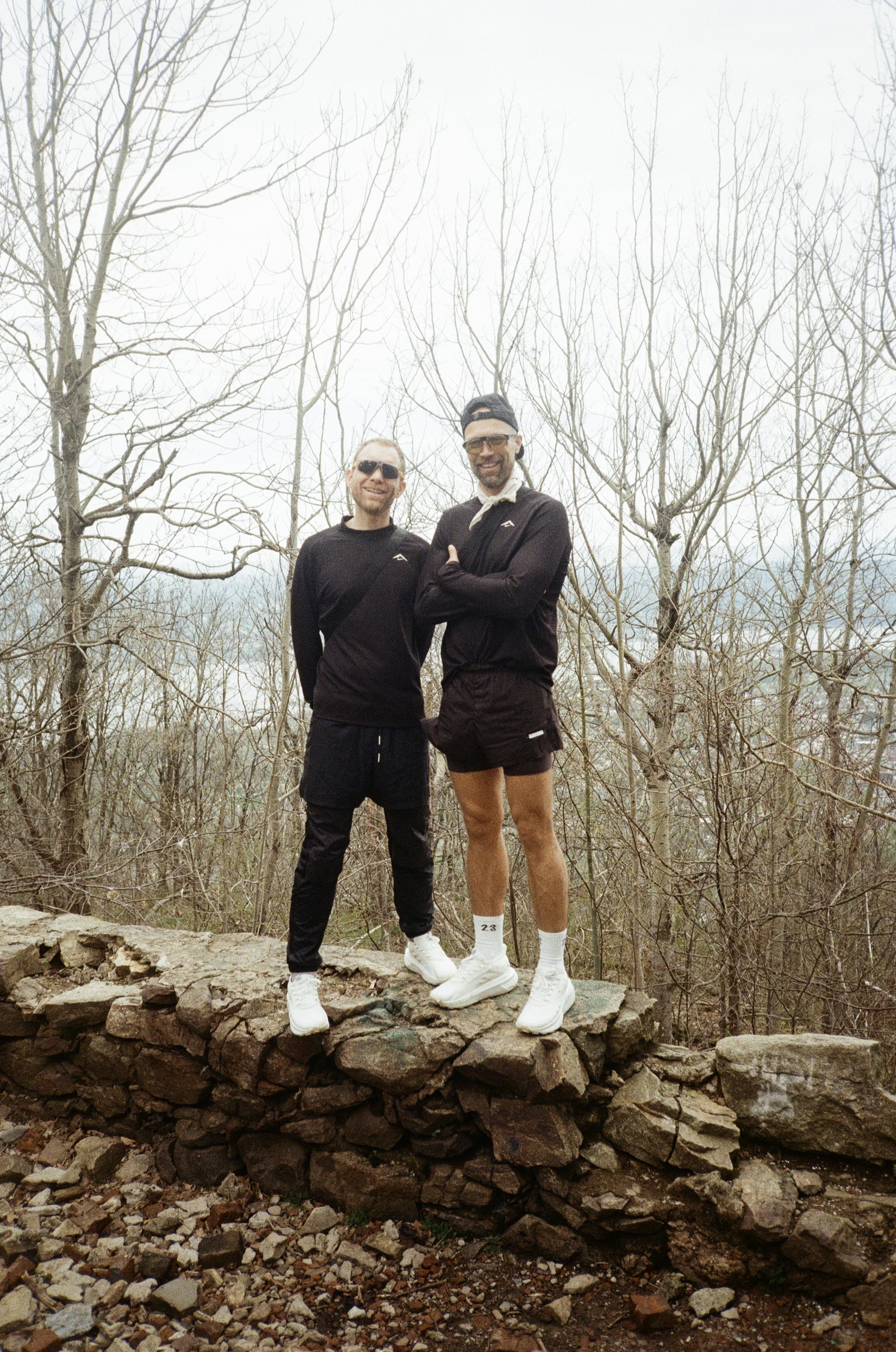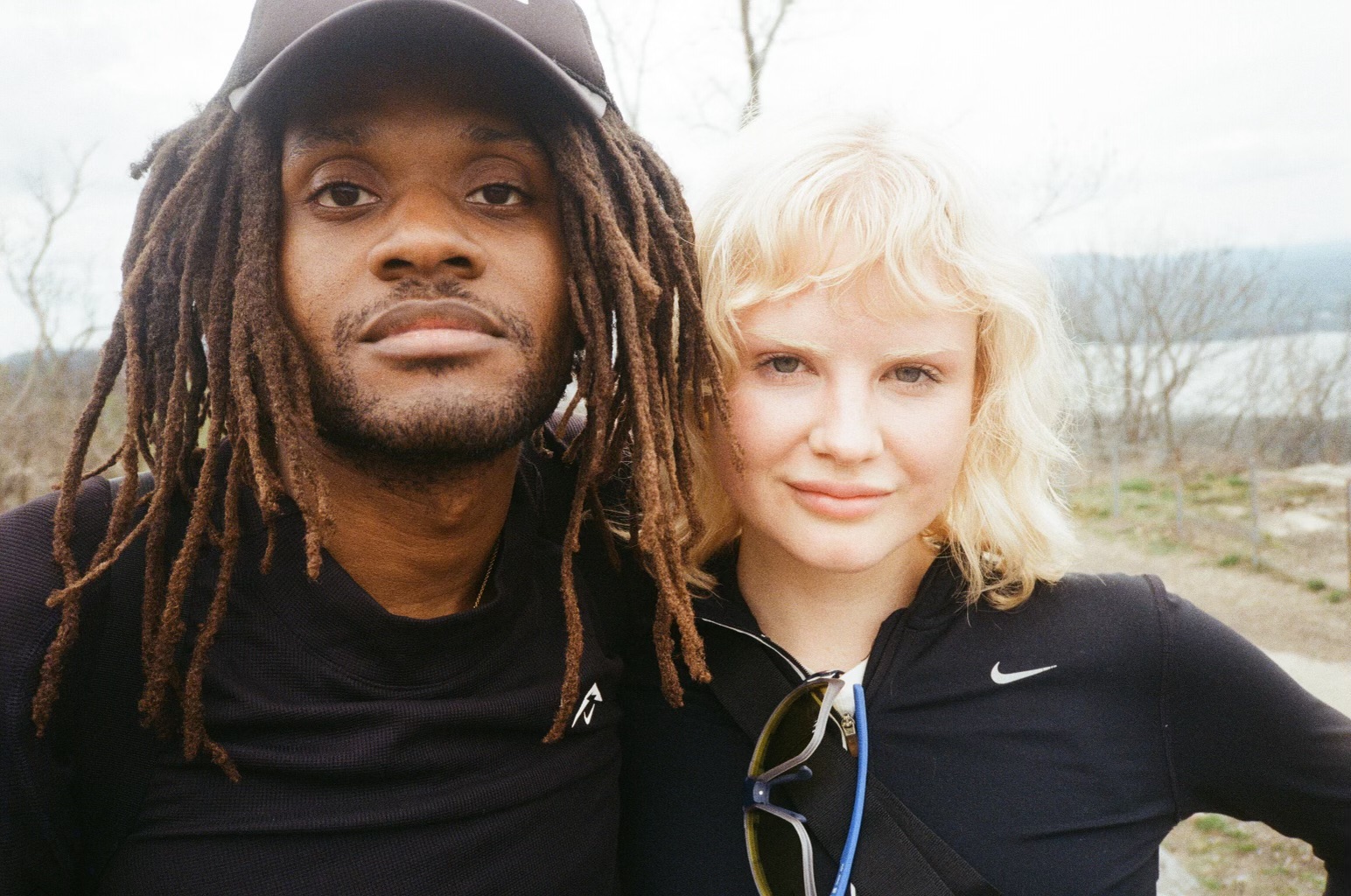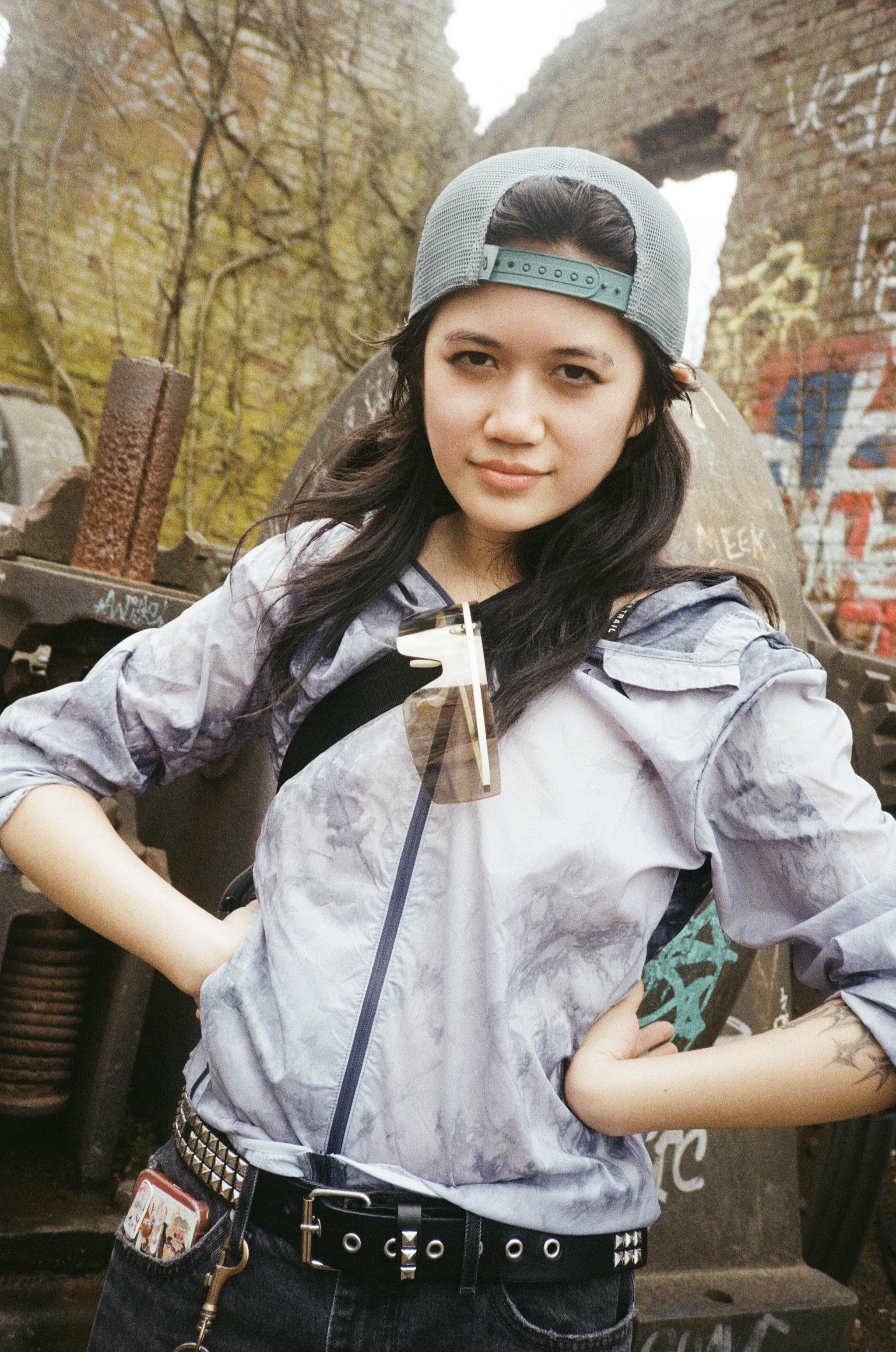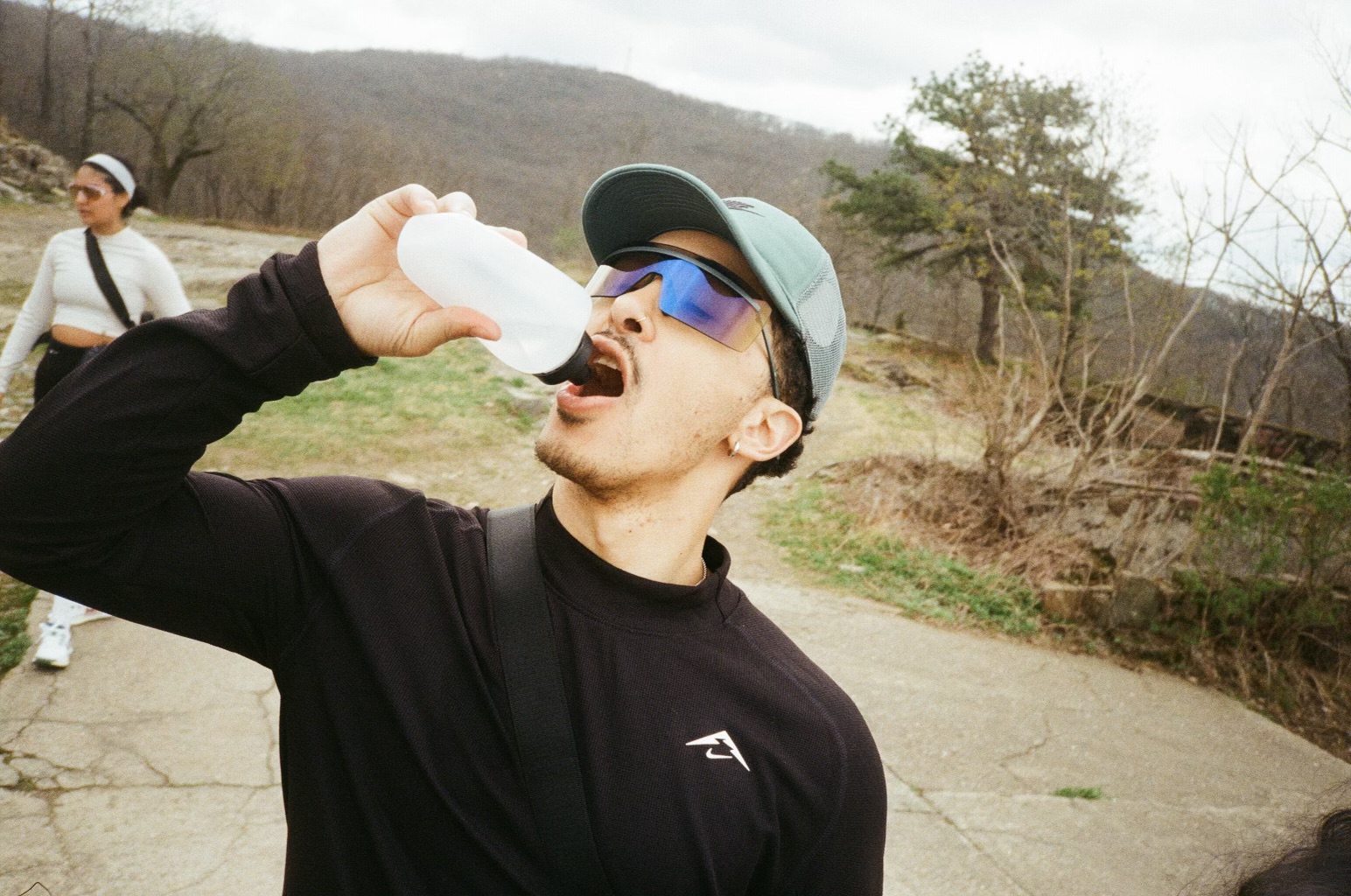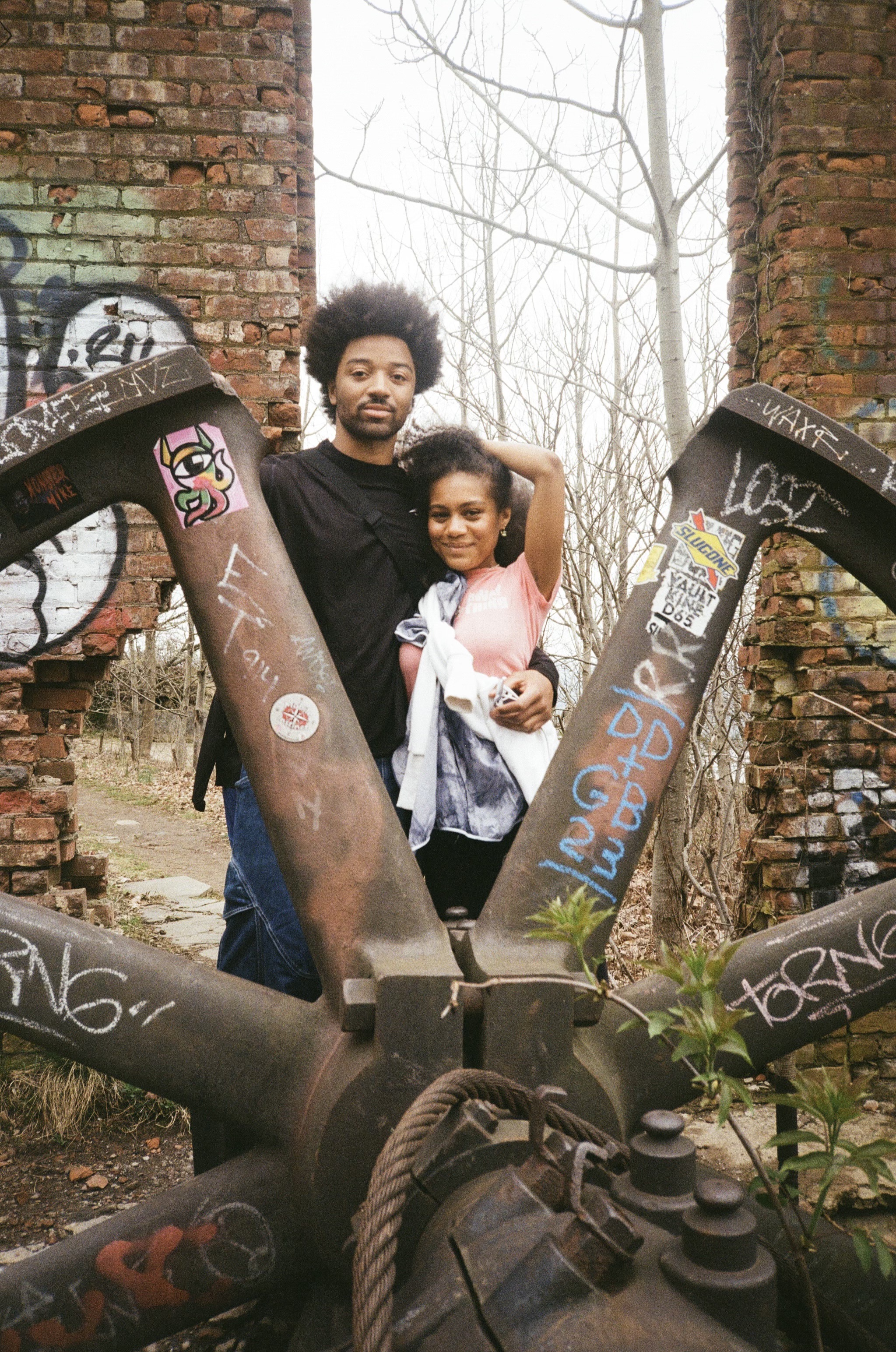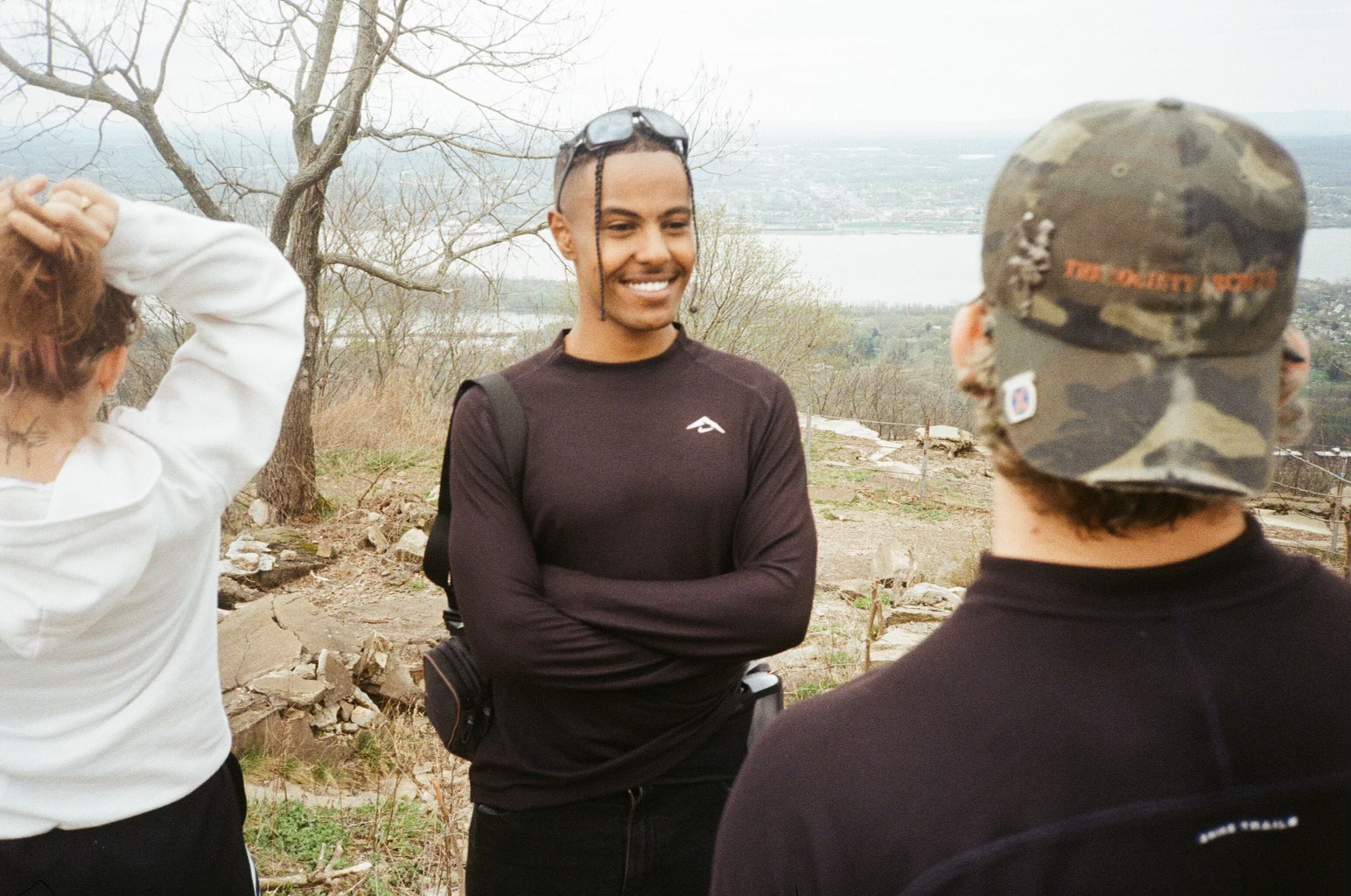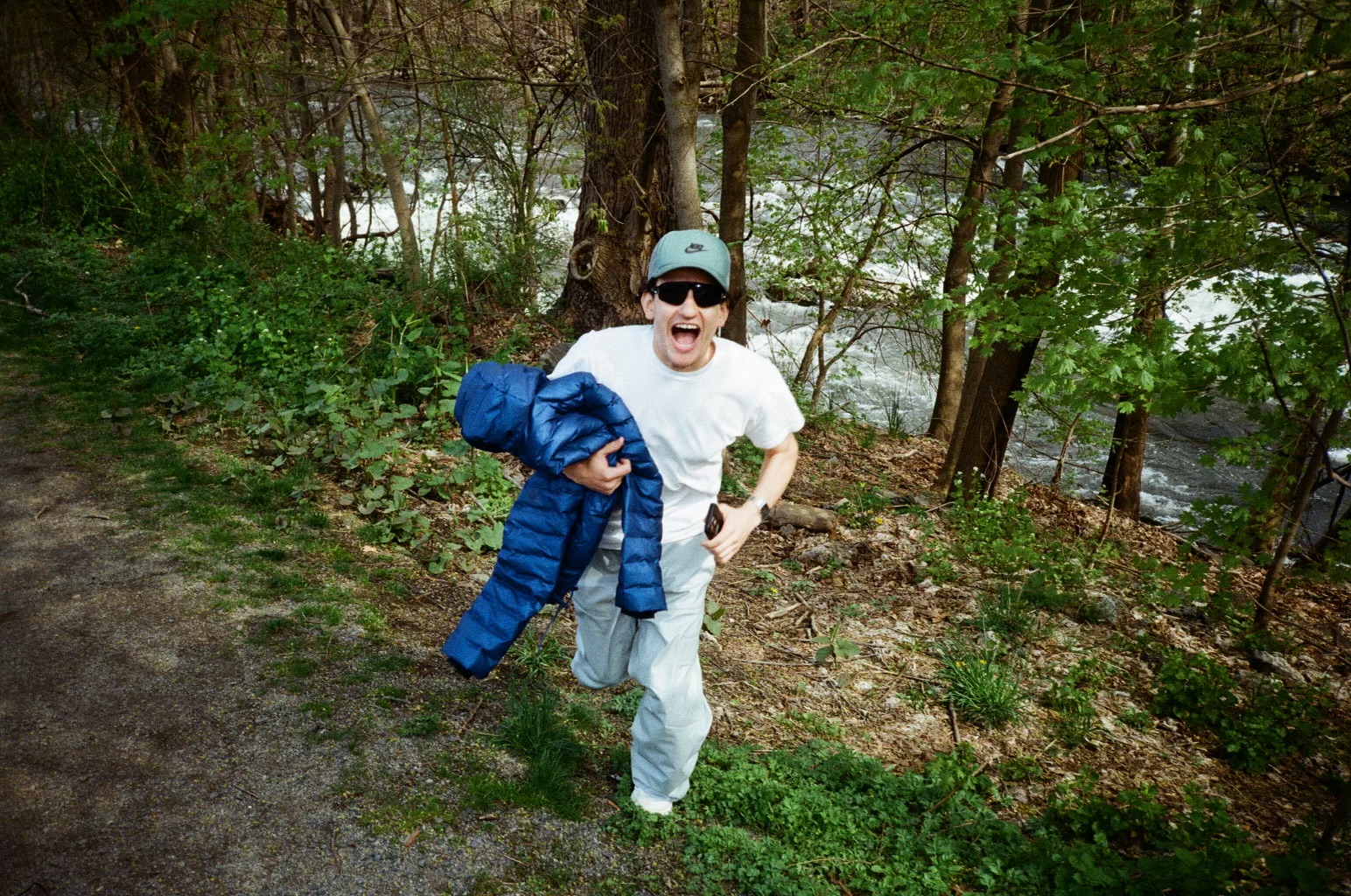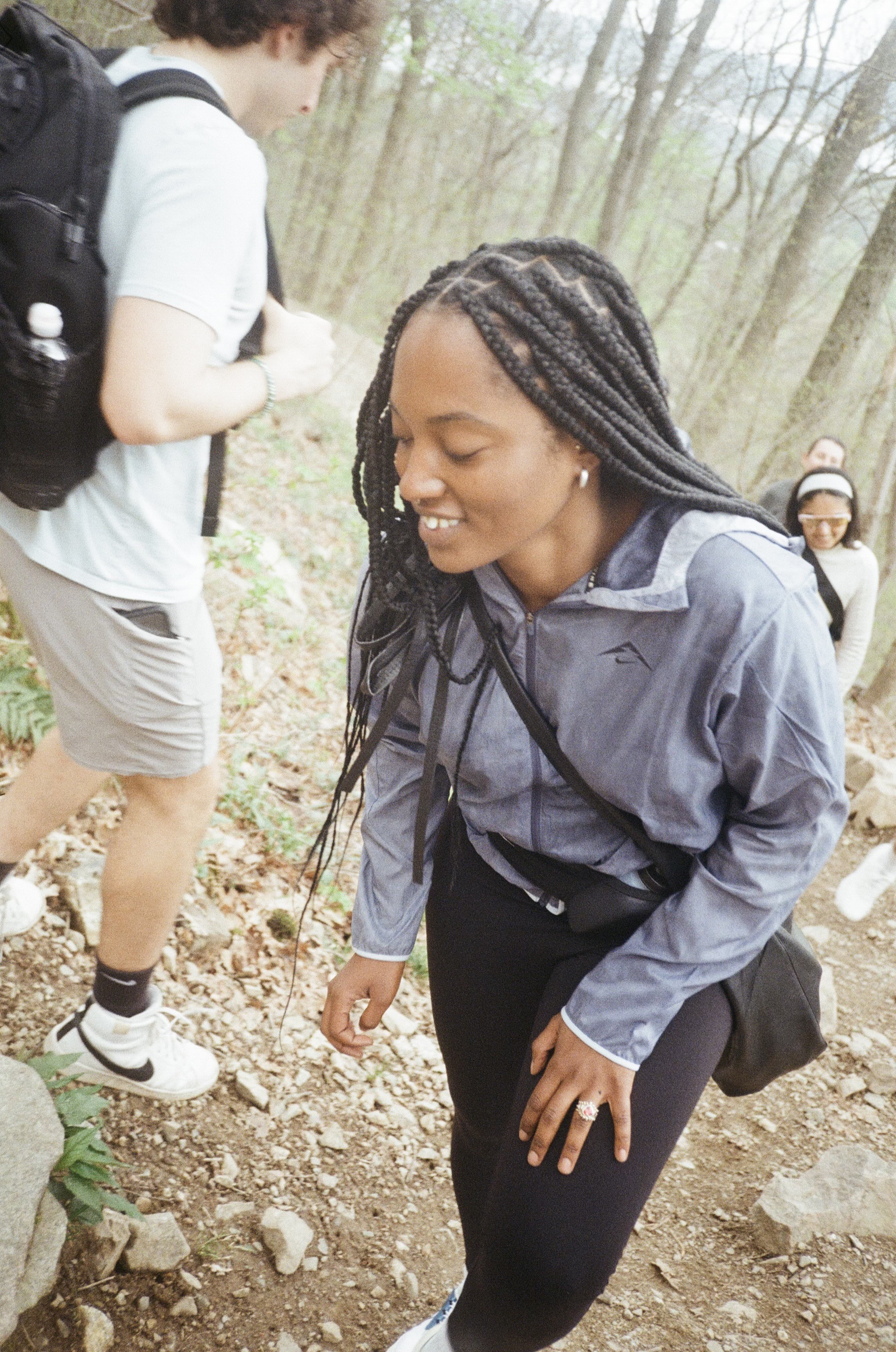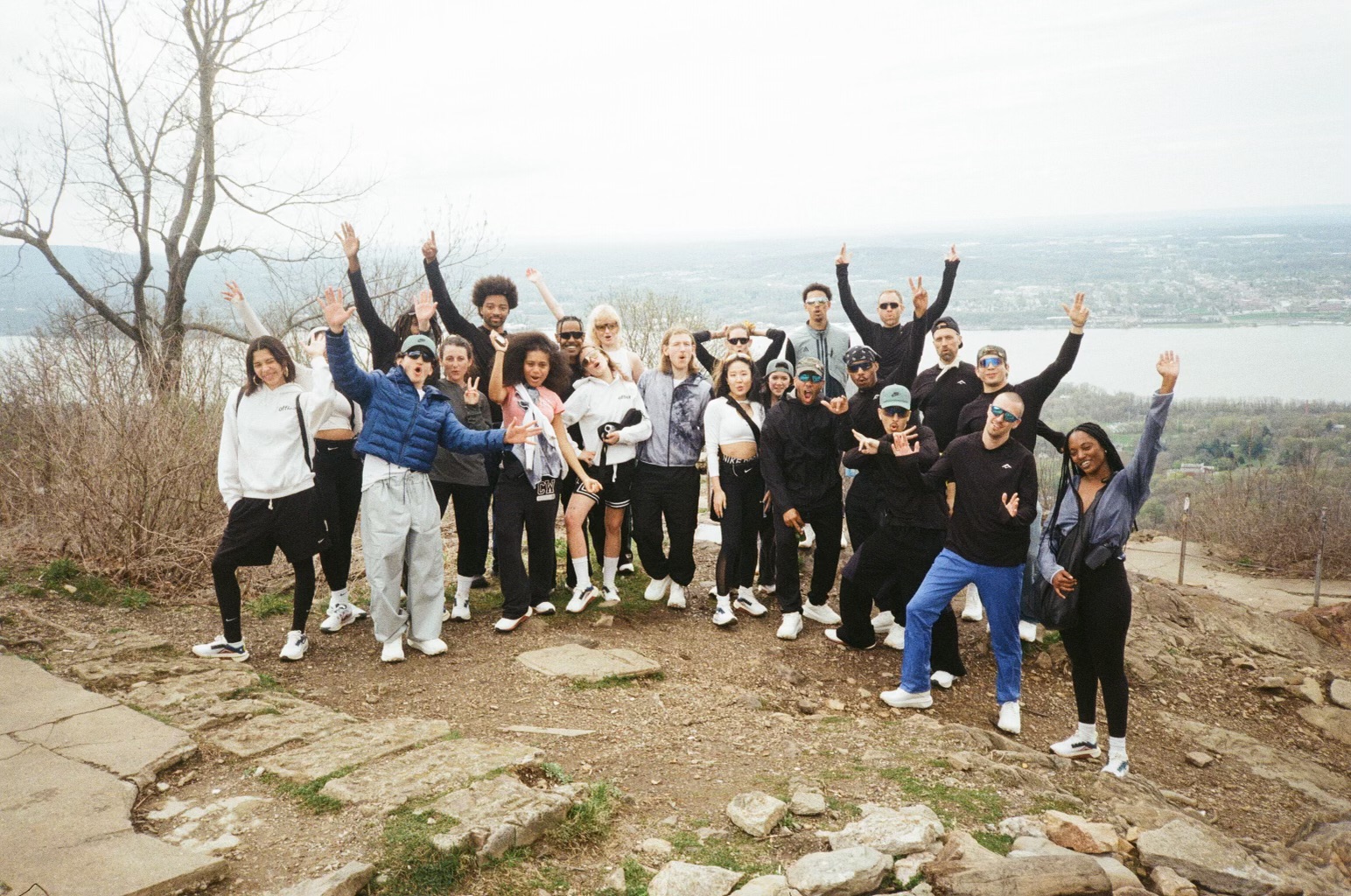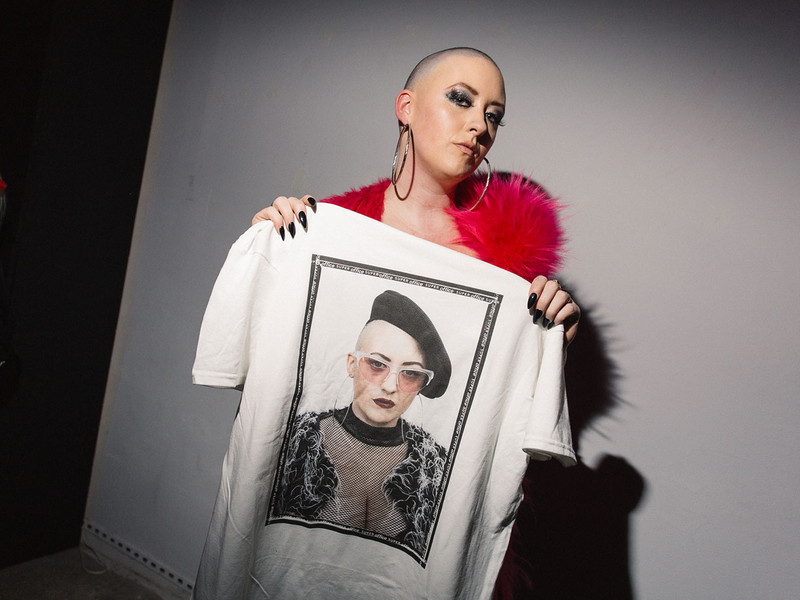office x Human By Orientation: Arvida Byström
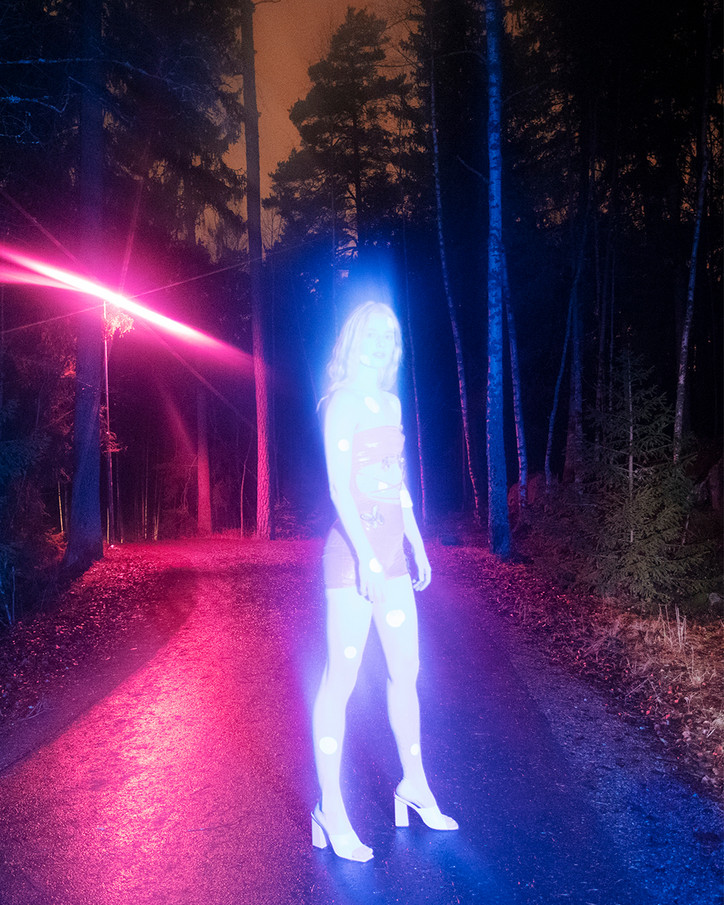
Lead photo courtesy of HBO Max
For this collaboration, we came together and asked our three artists to investigate the idea of “identity” and “self-reflection," through words as well as their respective medium. For the first of our three artists, office x Human By Orientation present photographer Arvida Byrström.
Arvida Byström’s work, and its boldness, lead to notability at a young age. Having come up alongside the likes of Petra Collins and Molly Soda—known as ‘post-internet,' ‘Tumblr-era’ artists—Byström set herself apart with her distinct, “girly” aesthetic style and the statements made by her poignant photography, often focusing on feminism, bodies, and sexualization. At times using herself as the subject, her work continues to unpack the female form on a personal and sociopolitical level, sometimes softly, and sometimes quite shockingly.
All that being said, Arvida is a crucial artist to include in any series on self-reflection.
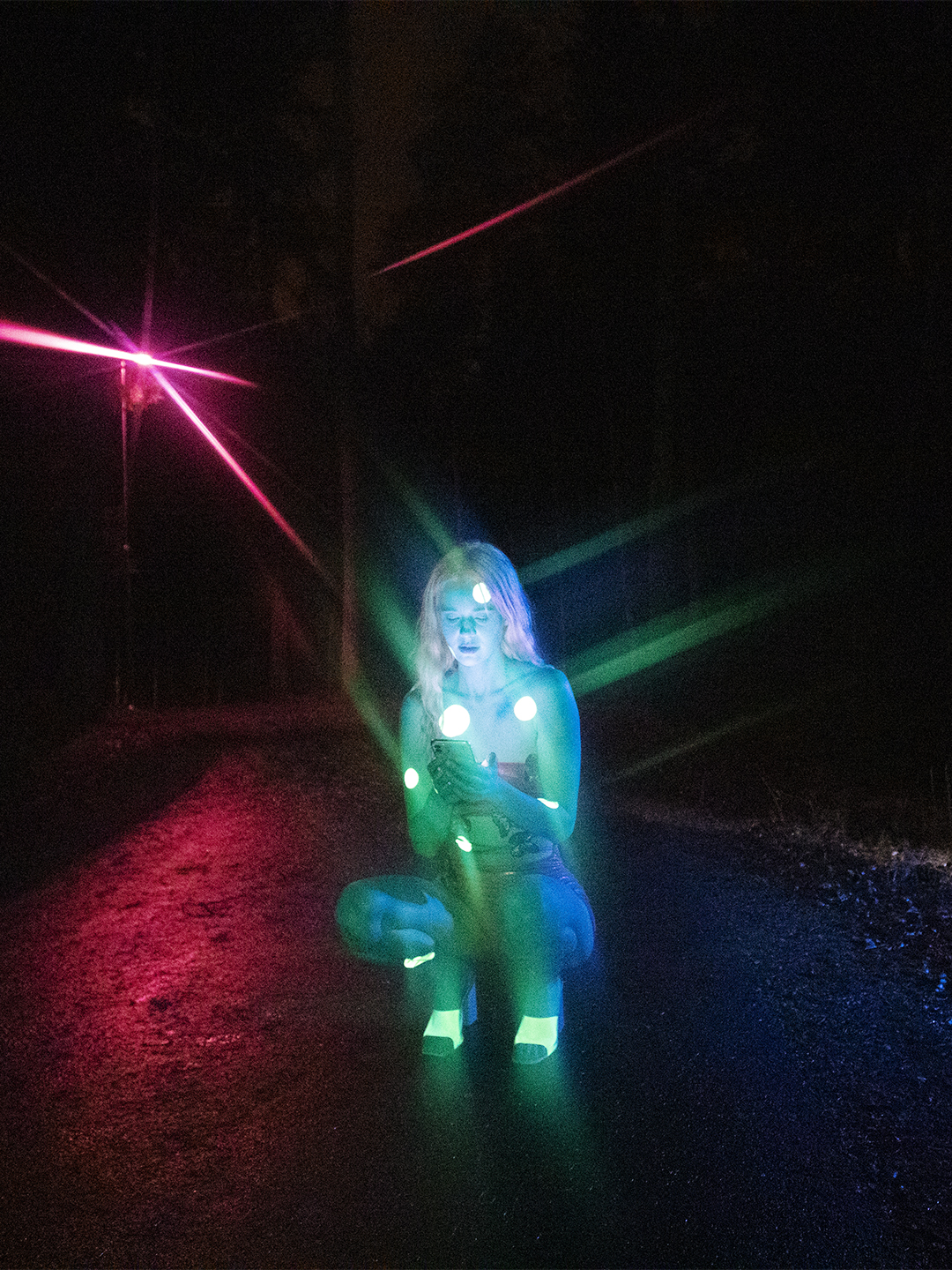
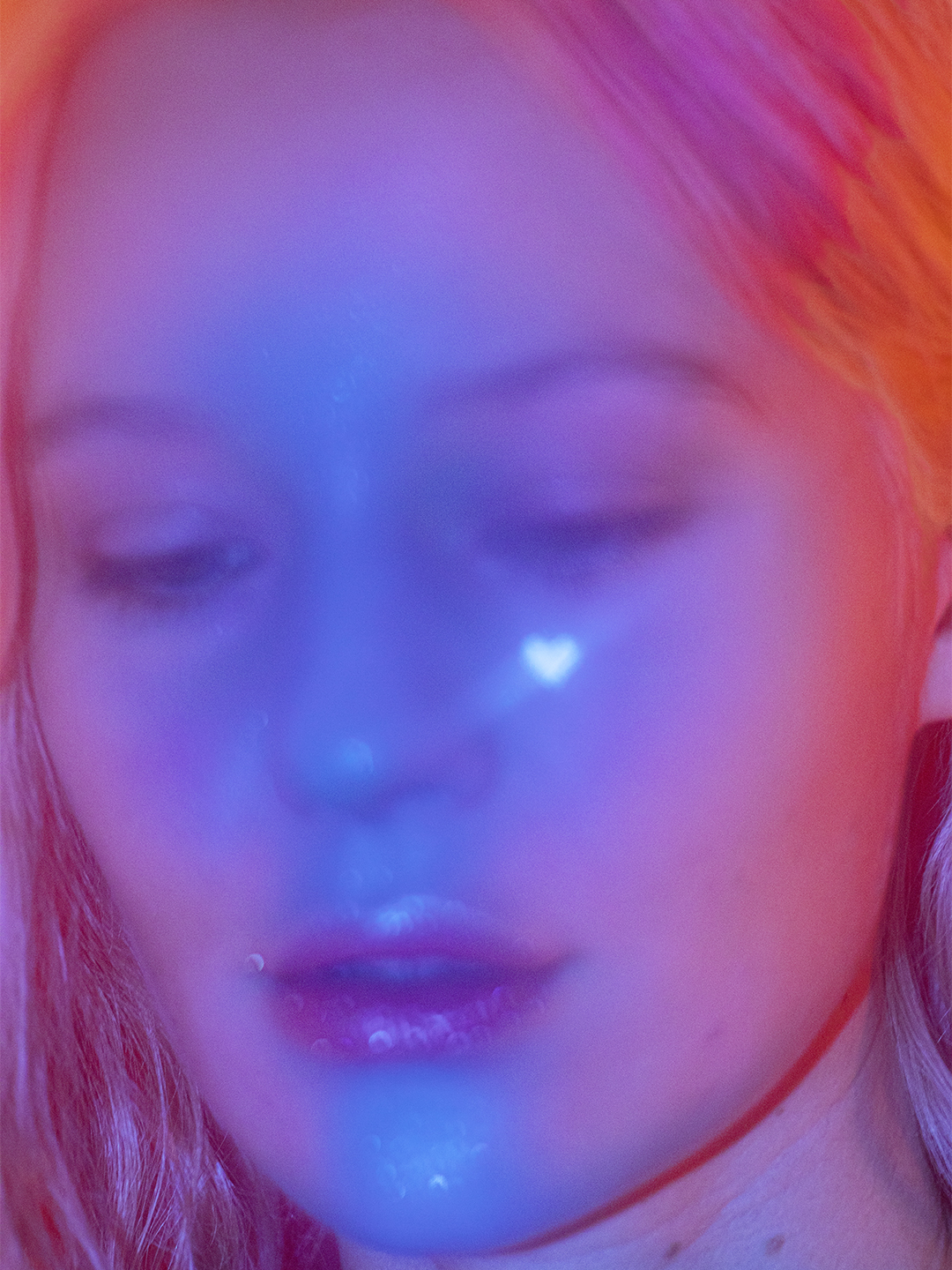
Photos courtesy of HBO Max
For this project, how did you approach the process of actual self-reflection?
I guess I approached it in a way where the actual image and the creativity got to take up the biggest part as a symbol of art as self-making without having to have a function. When I was younger I tried to find [out] what I looked like and who I was through photographs, but eventually, I realized that photography is way better at showing a manipulated warped version of reality rather than anything we would call truth.
Today, what do you think the relationship is between the digital world and the art world? If there is a divide, where do you feel that you fall? Which space inspires you the most?
In the ‘90s there was an art movement called ‘net art'—[and then] later, ‘post-internet art’ came along—so digital has been a part of big institutions and museums for a while now. The way the internet and our digital gadget is omnipresent and completely integrated into our world I think could inspire us to stop trying to separate [the] digital from non-digital. Most people never go “offline," so instead, I think we should view the online and digital sphere as a vital part of our lives now, where we have to demand rights—everything from the devices we use being made in an ethical way [without] underpaid labour to tech companies not spying on us.
How do you define femininity, as it pertains to you? How does it fit into your “identity”?
I think there are different femininities! And it also shifts in different contexts, so by nature, it is really hard to find a finite definition of such fluid concepts. A lot of femininities requires a certain kind of perfromance though, where things regarded unfeminine or unwomanly are often just existing—for men, women and non-binary people. I am intrigued by a sort of hyperfemininity that is almost so in your face it is annoying. It is interesting how differently I get perceived depending on how much of that visual femininity I apply in the morning. Say, make up and high heels definitely give you different attention than just a hoodie—so different clothes, how they fit and feel and the response it gives you can have an immense impact on how you take on that day. Something that isn’t a woman but is showing another kind of femininity is a lot of voice assistants! Siri, Alexa etc. I have a video where I wrote a monologue to Siri where she kinds of ponders on her femininity and disembodied nature… Femininities! Ha! I find it very interesting why we do that to technology.
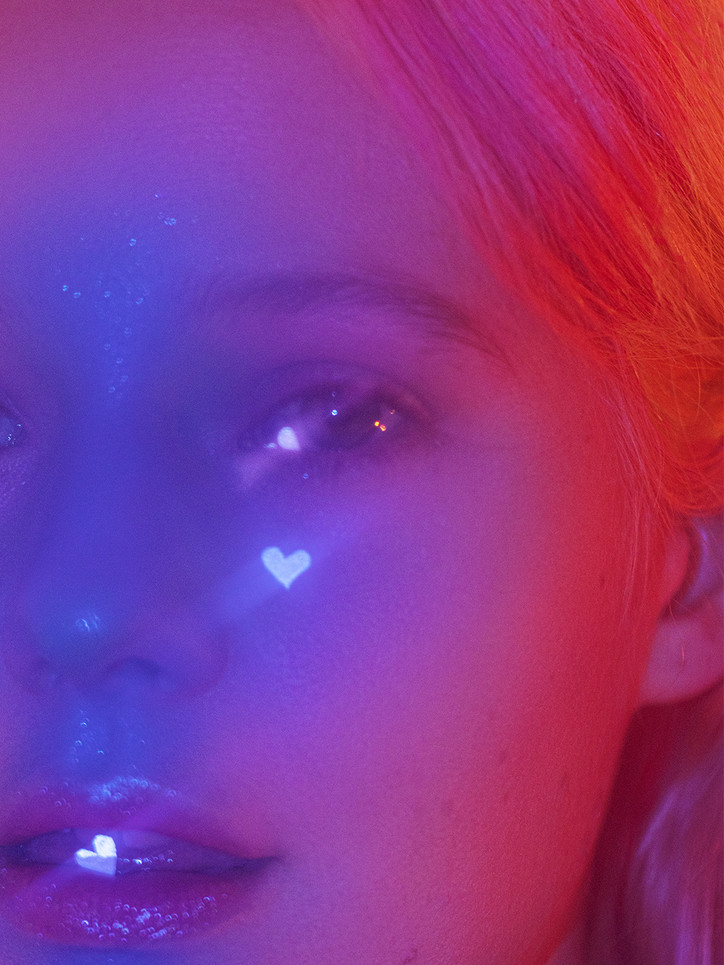
Photo courtesy of HBO Max
Ironically, as we are speaking on self-reflection, you have already done some serious work surrounding the concept of the “selfie." Can you offer up some more of your tips on taking thoughtful selfies, and tell us why this is important to you?
I think we have to accept that selfies, from a photo historical point of view, are extremely important and impactful. The phone camera is a minor photographic revolution. This doesn't mean that it is inherently good, it might even at times be bad! But it is something, and I think it will be hard to know what this something truly is until some time has passed. It is so easy to dismiss selfies as something shallow, but the truth is selfies are a very wide category of photographs, taken with phone cameras, by yourself. It can be you showing that you are with a friend, it can be you trying to see if you too can be regarded as beautiful [like] the photographs by beautiful women you get exposed to everyday.
Talking about the selfies that are usually hated—the ones where feminine people try to show how hot they are— it is kind of absurd to jam a bunch of photos into people's faces everyday, give them a tool where they can easily replicate this, and expect they should practice self control? Of course one [would] want to try to be those glorified people in the pictures.
I took a lot of self portraits in my teen years. First, I did it to make sure I was skinny and looked hot like a model. Then later, I used the camera as a tool to reflect on how my body could be interesting and valid in other ways. Basically, selfies and flip cameras are a tool—a tool you can use for good and bad purposes.
Human by Orientation’s ethos is to celebrate your fullest self. How have you learned and grown as an artist through your journey of embracing your full self?
I think for me it has been very important to realize that my fullest self is constituted by the people around me. If I don't cherish and sacrifice stuff for loved ones around me, I will be a very shitty version of myself. [And] honestly, this probably affects my art badly. Working non-stop is kind of [considered] “good” and encouraged in our society, but if you dont make sure your life is worth living, being a successful artist will be pretty damn shitty in the end. I sincerely think self-sacrifice for people around you is a virtue.
